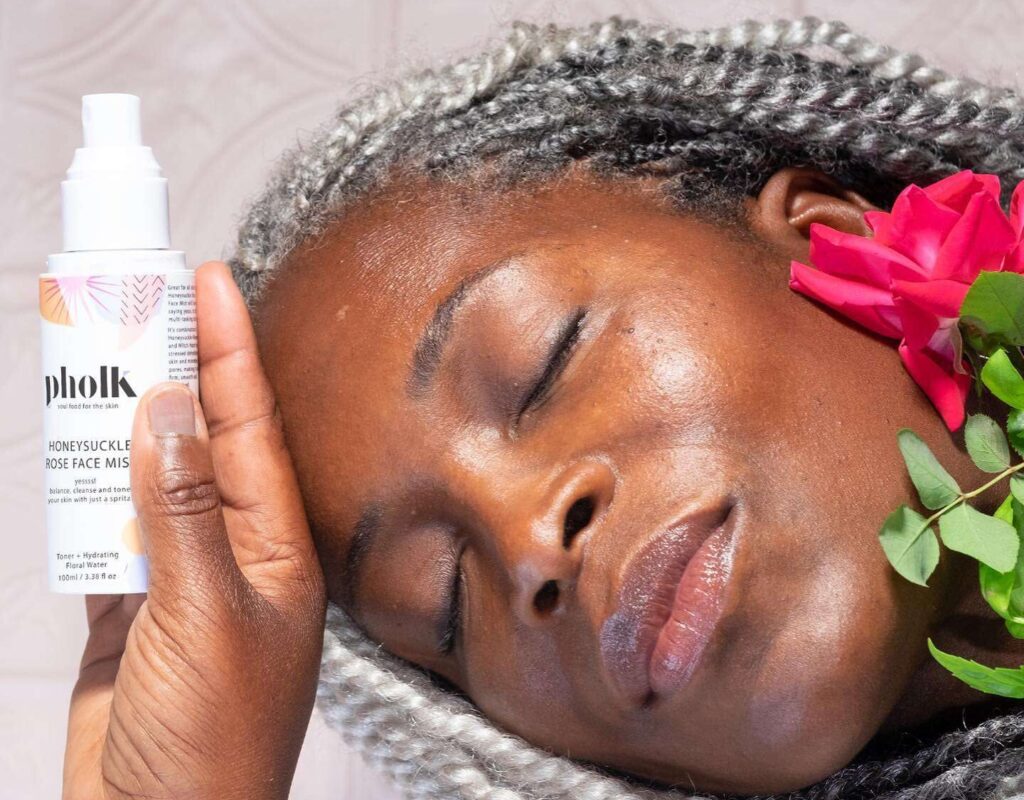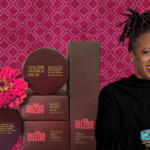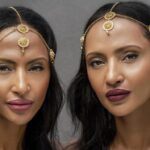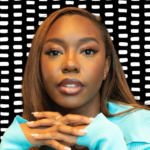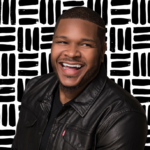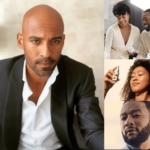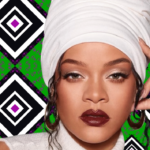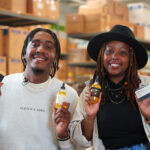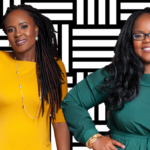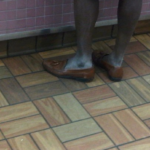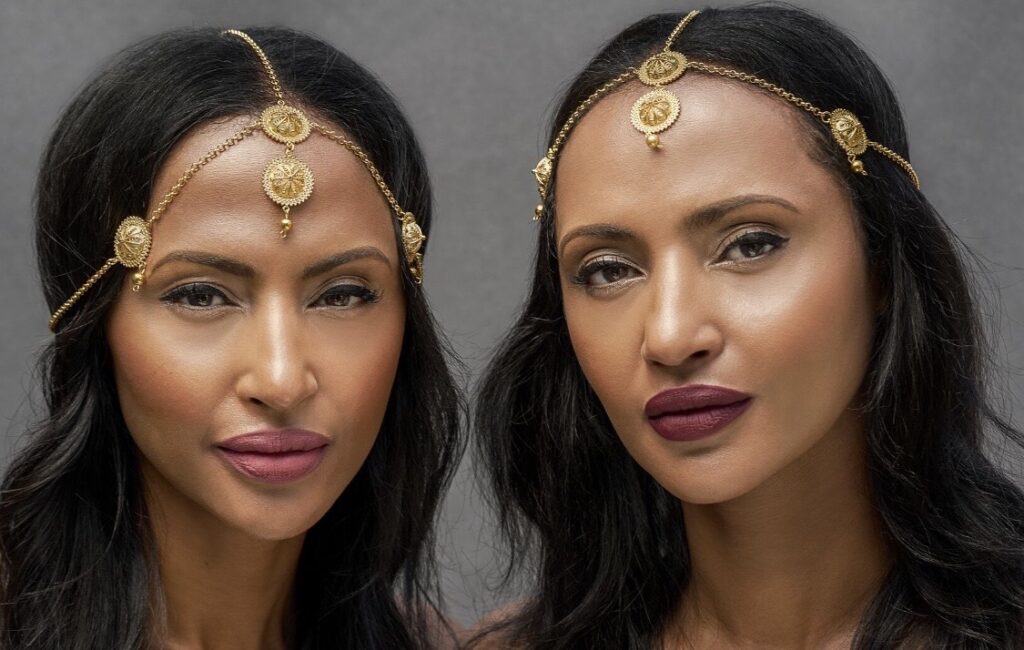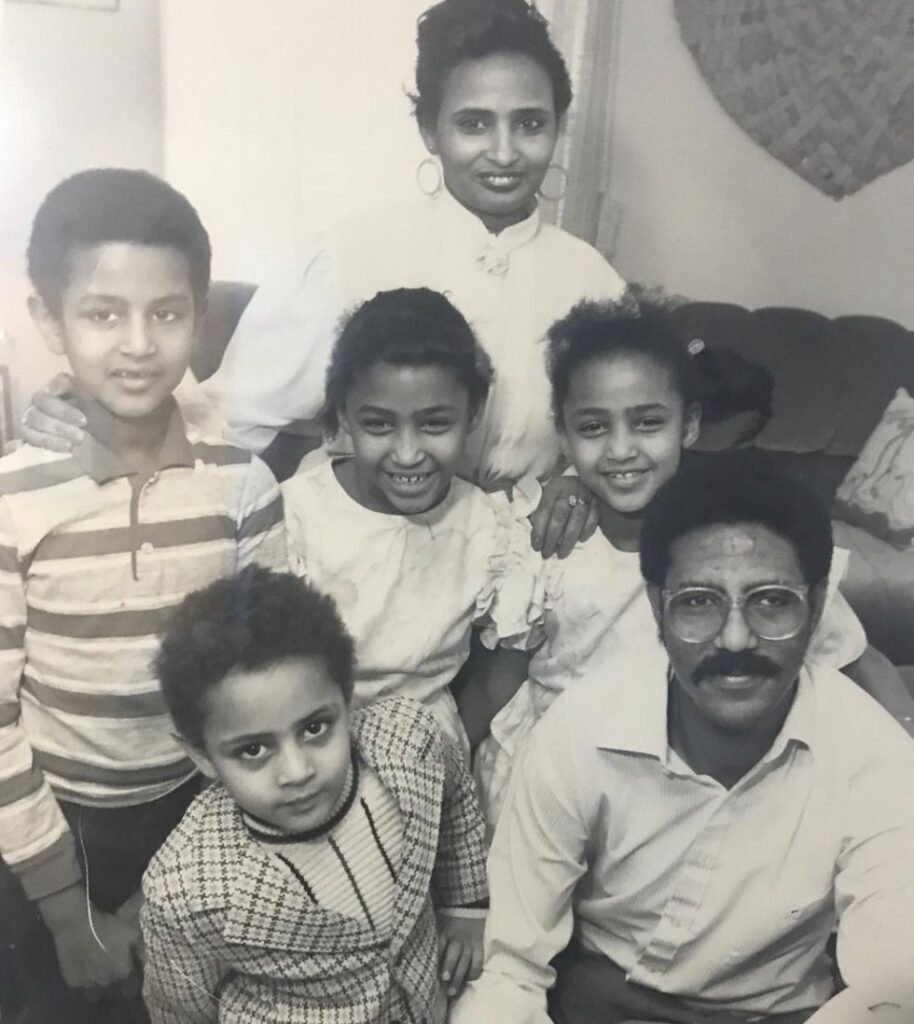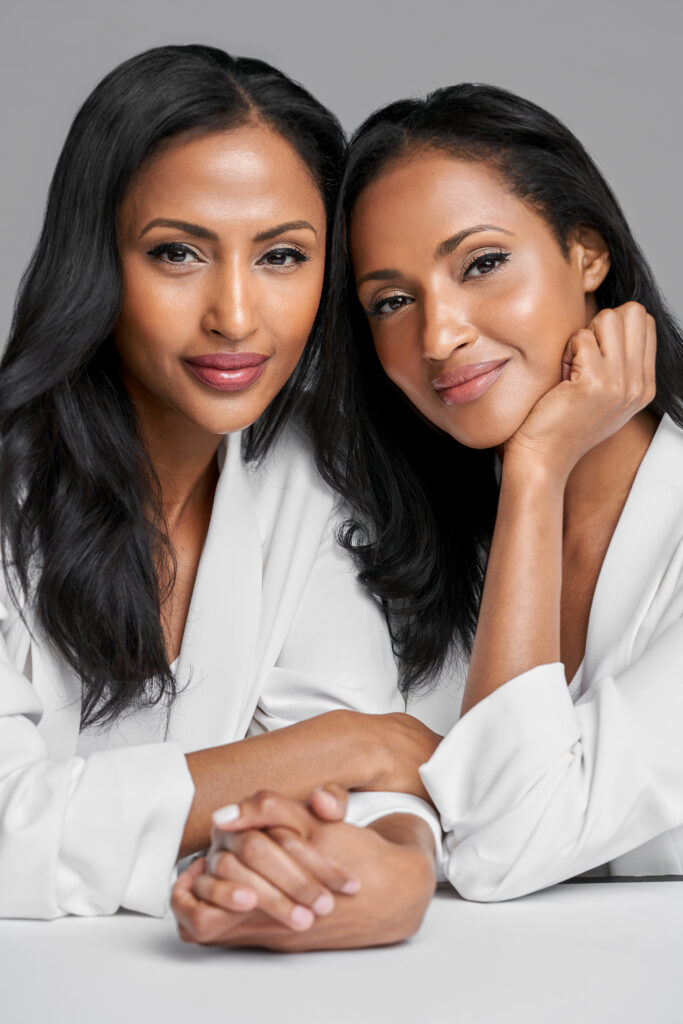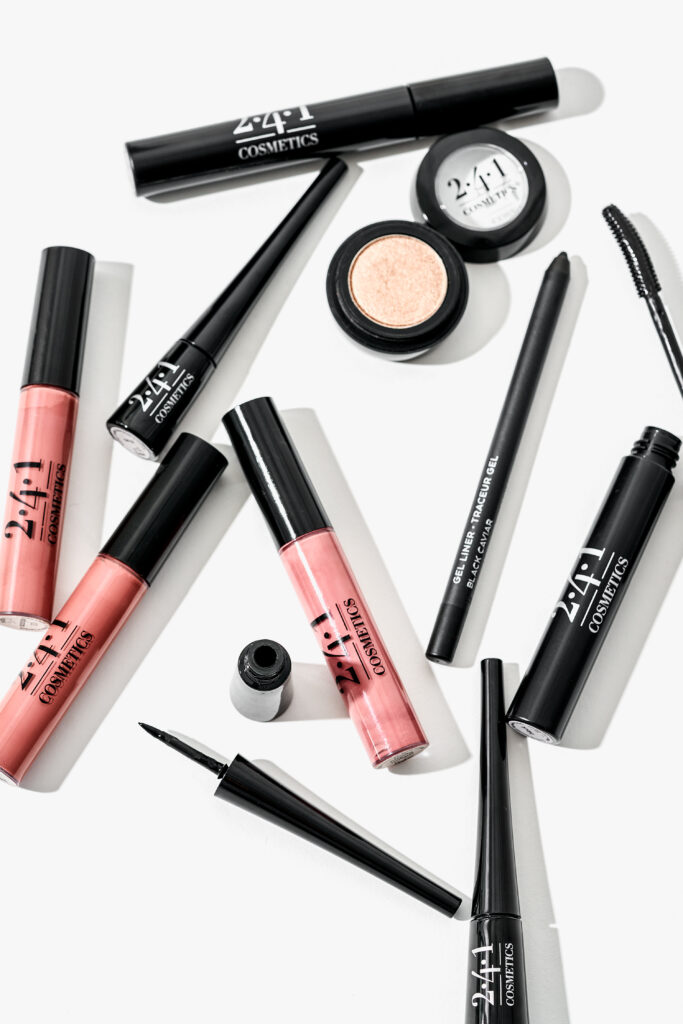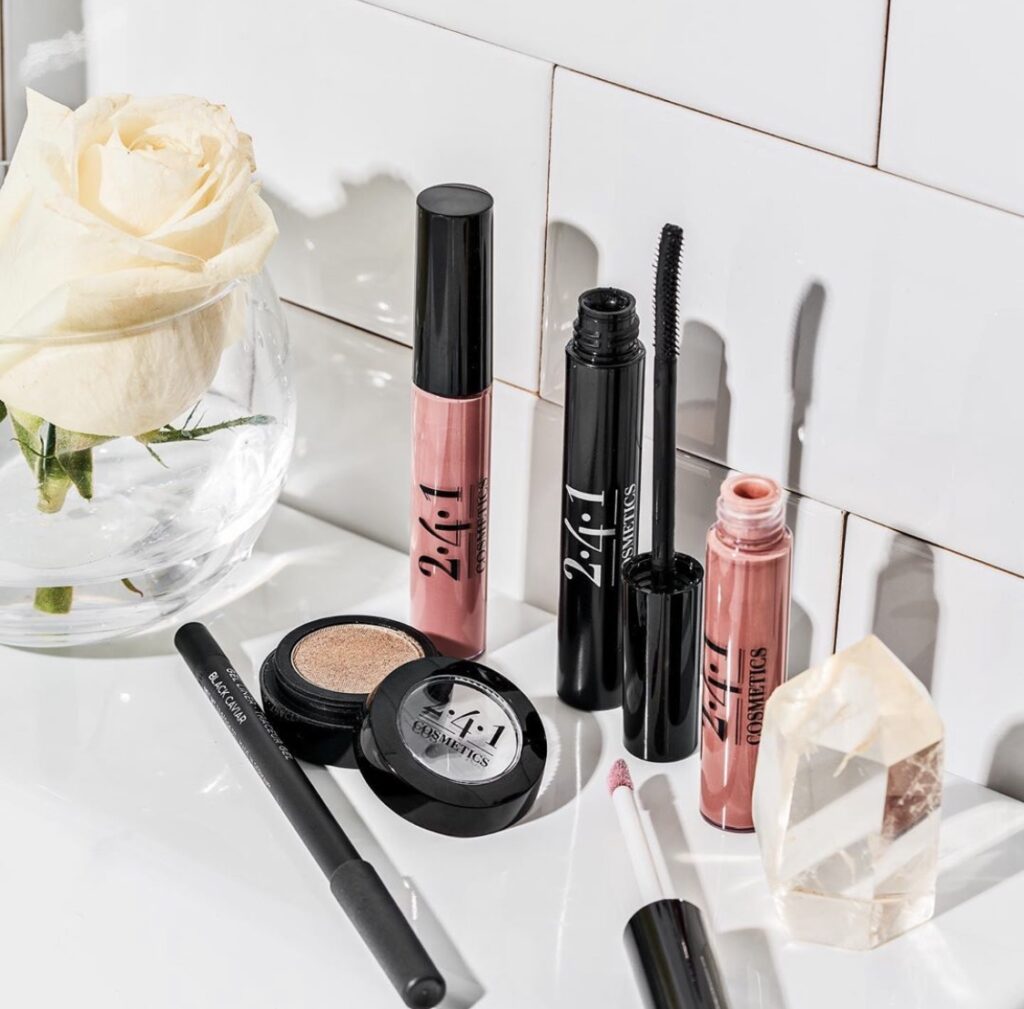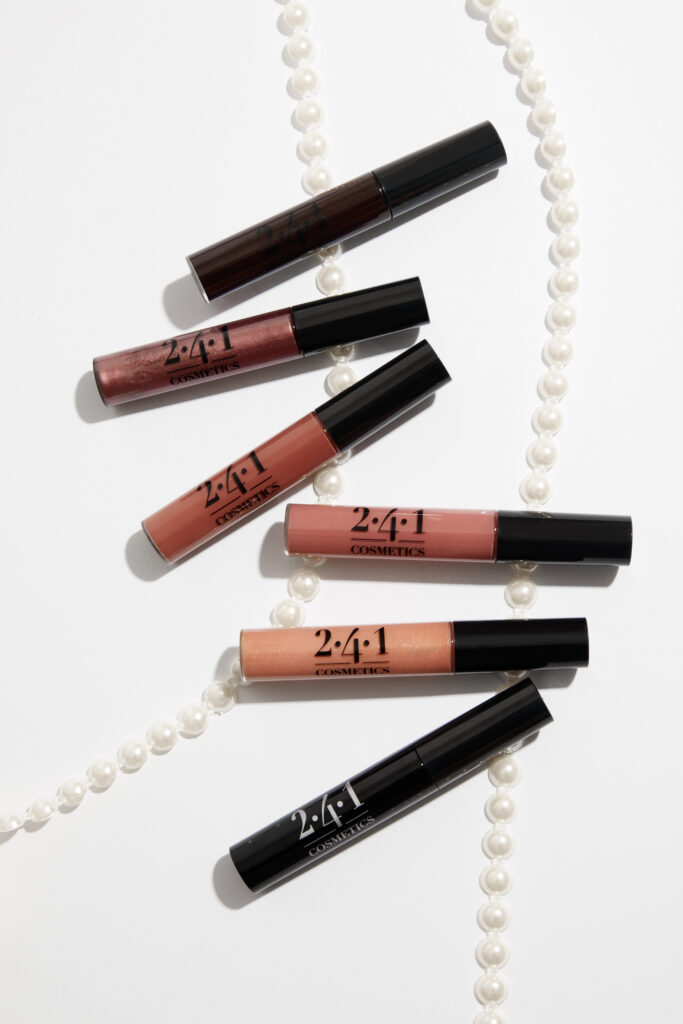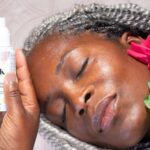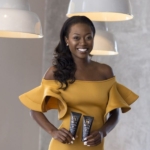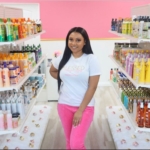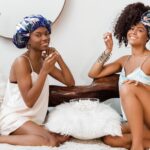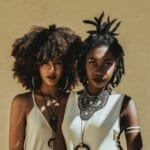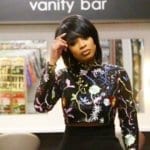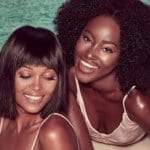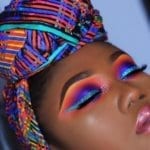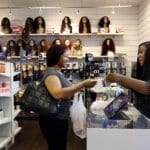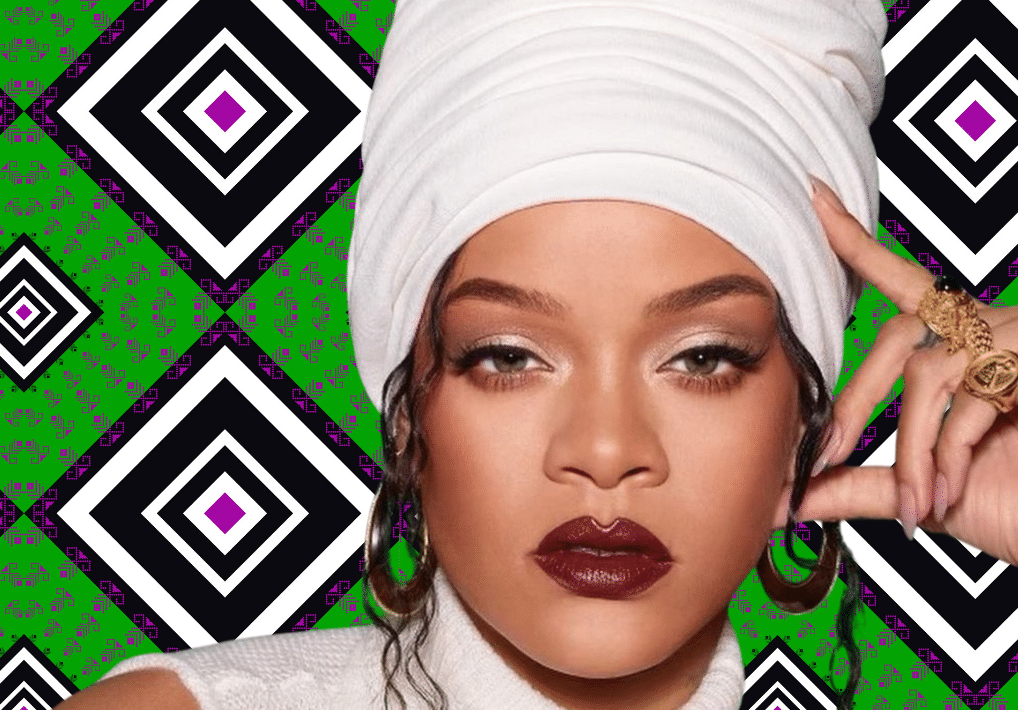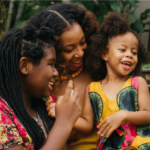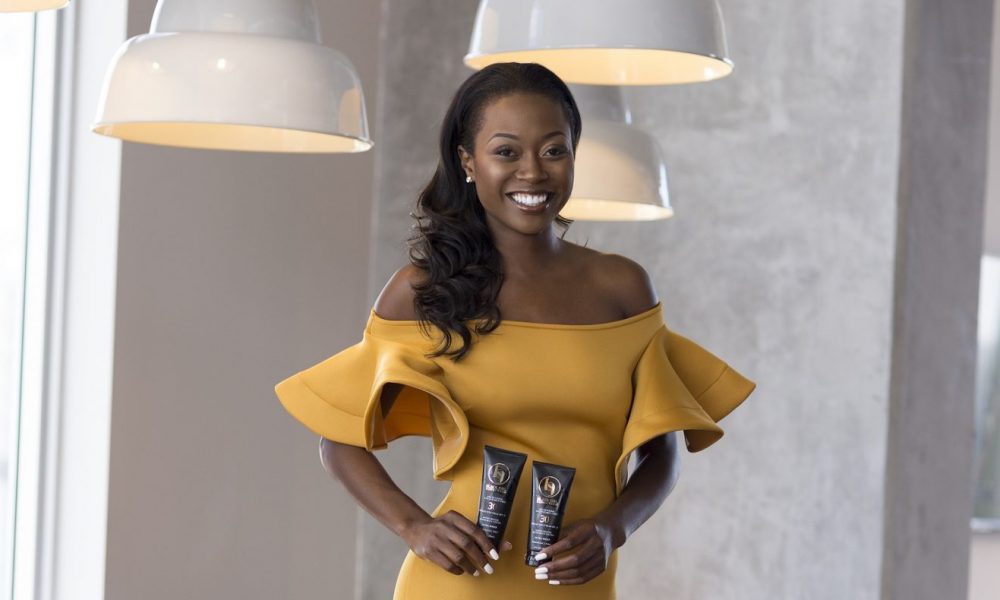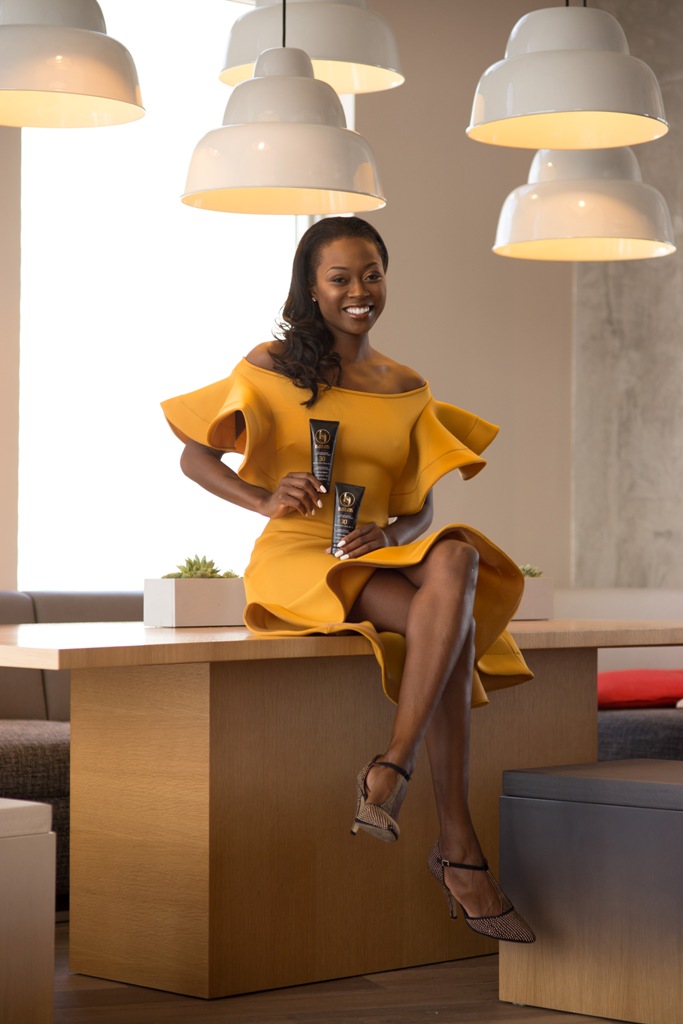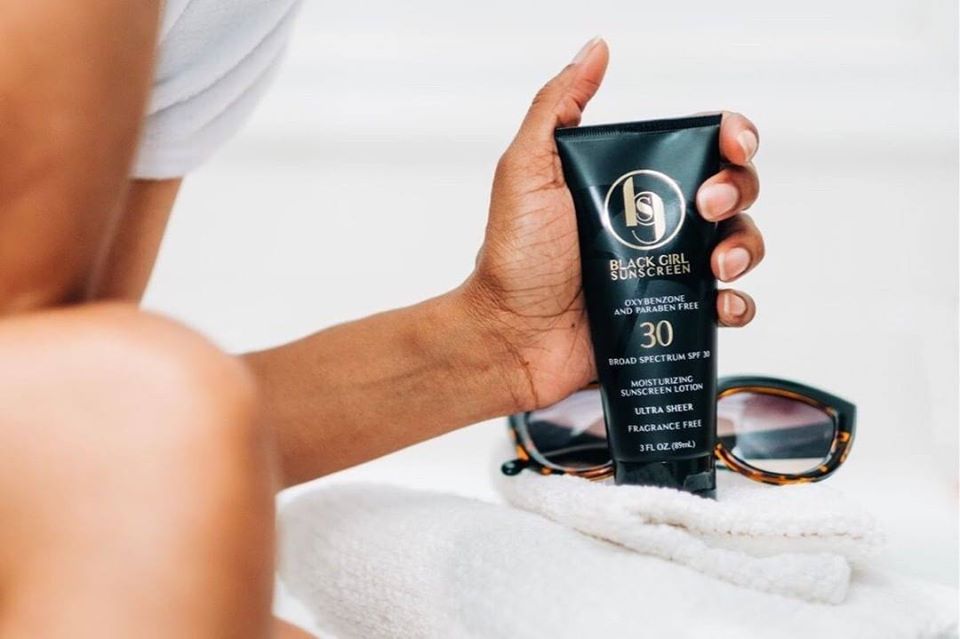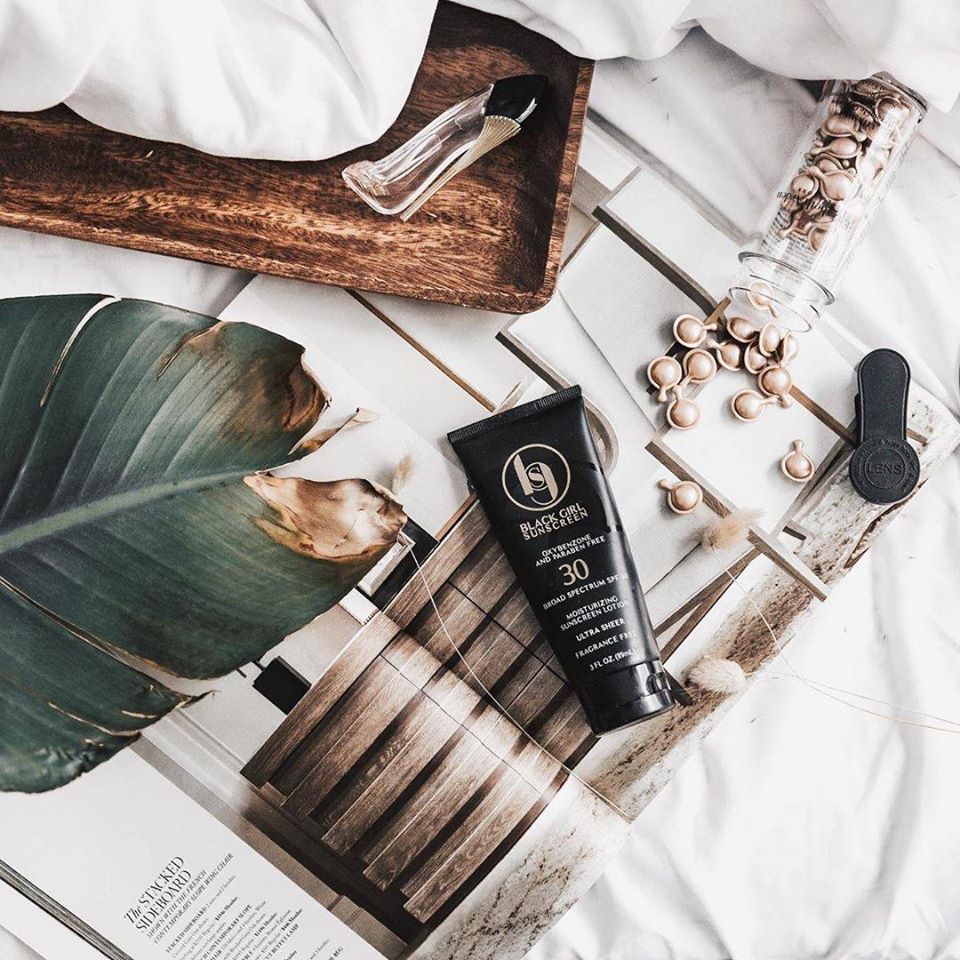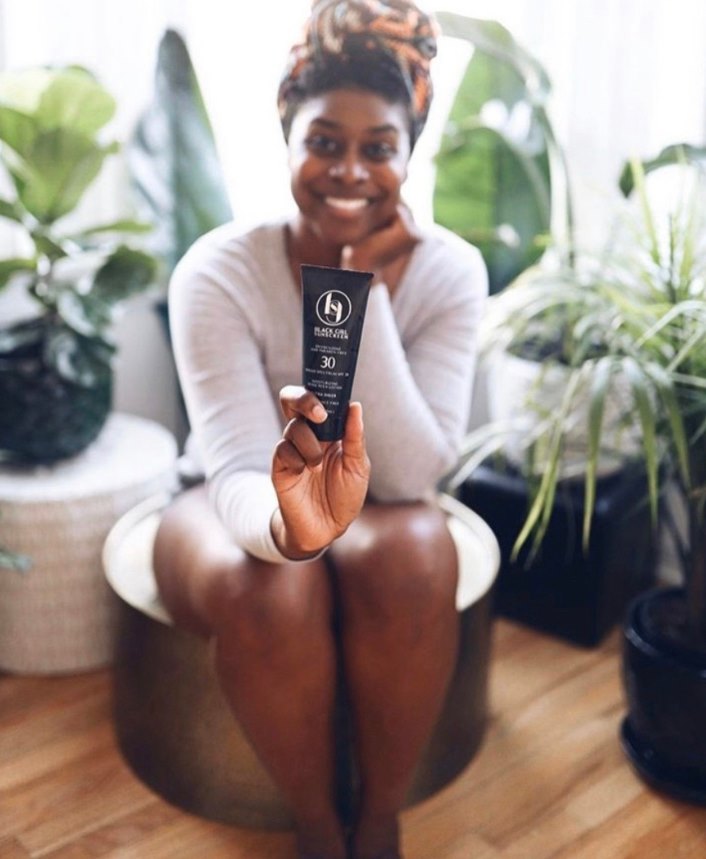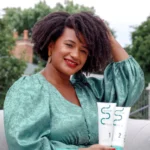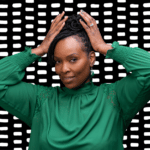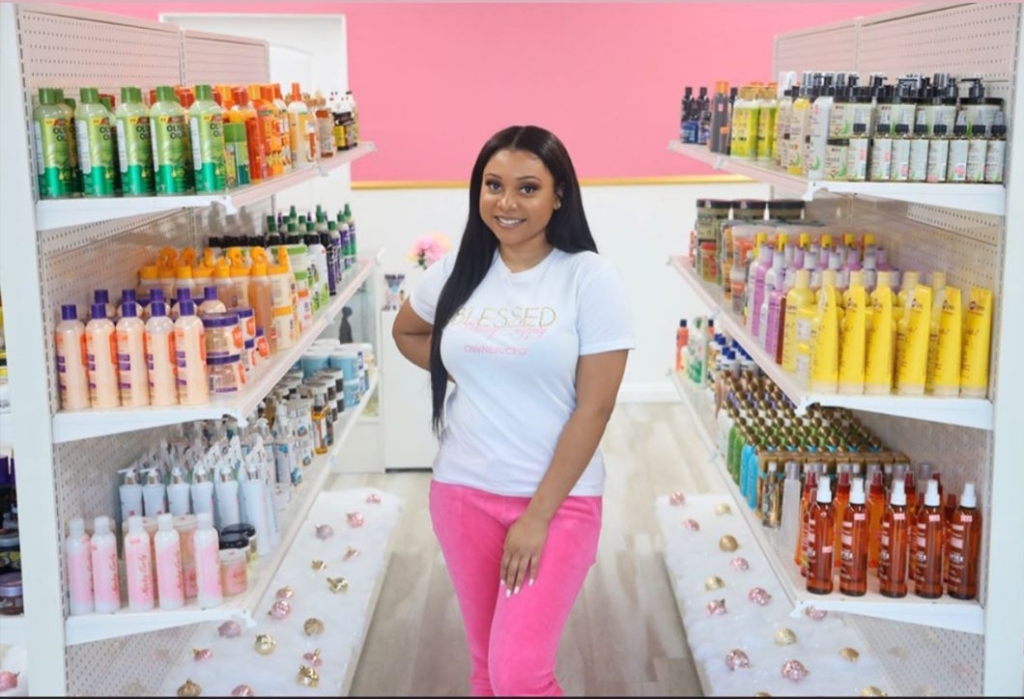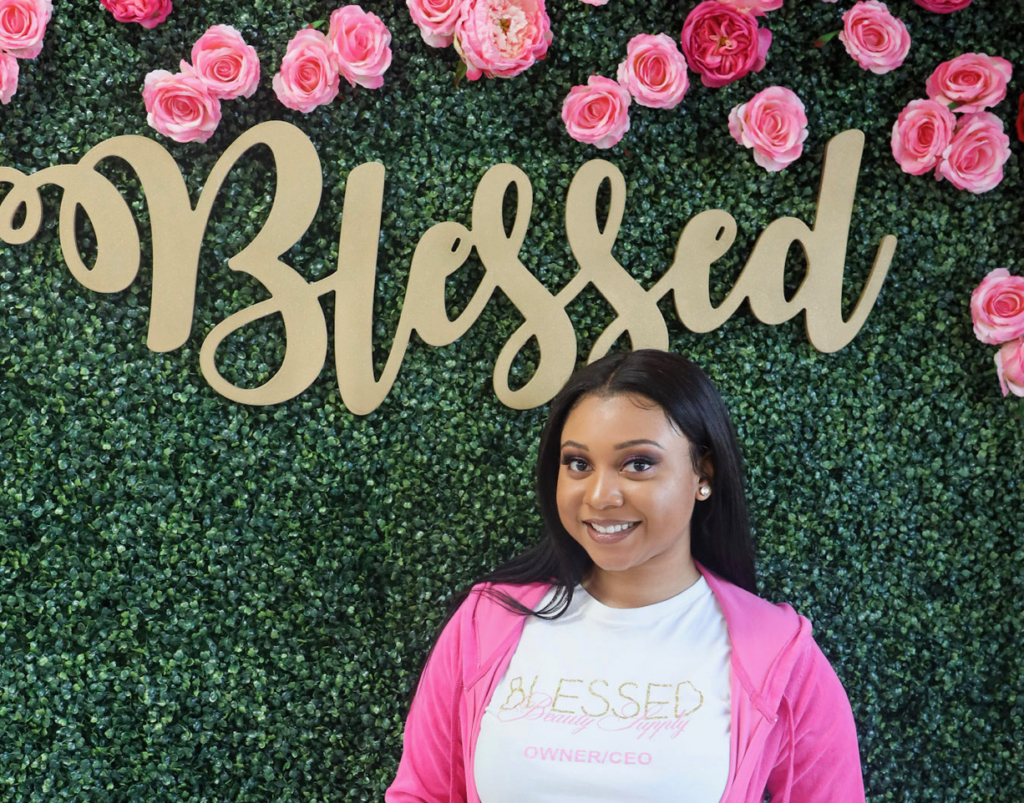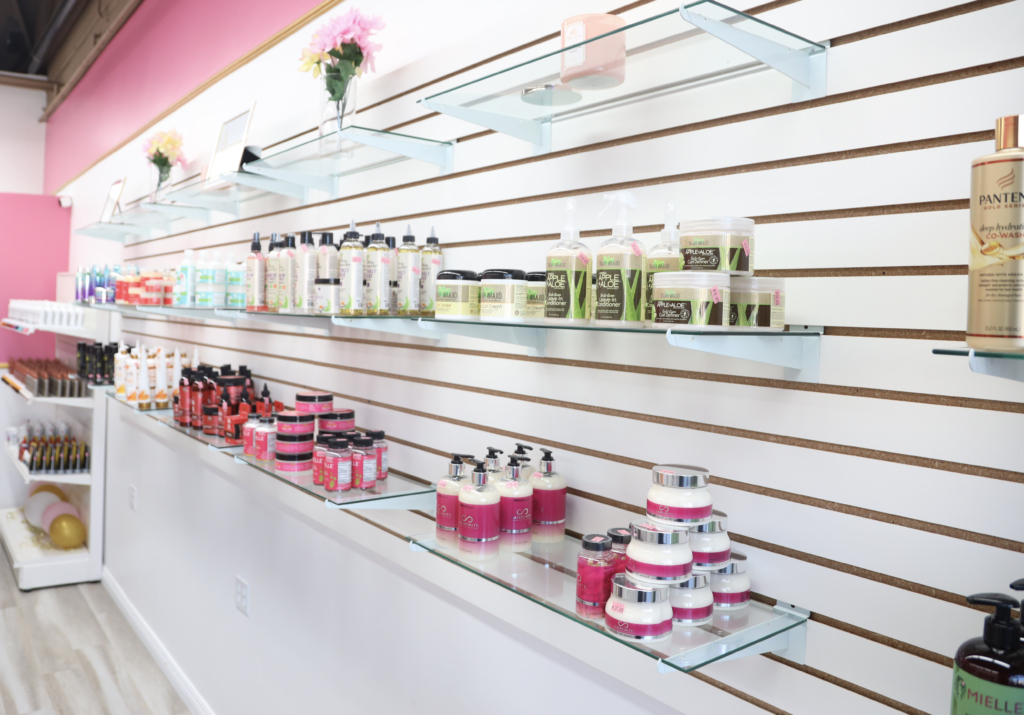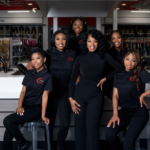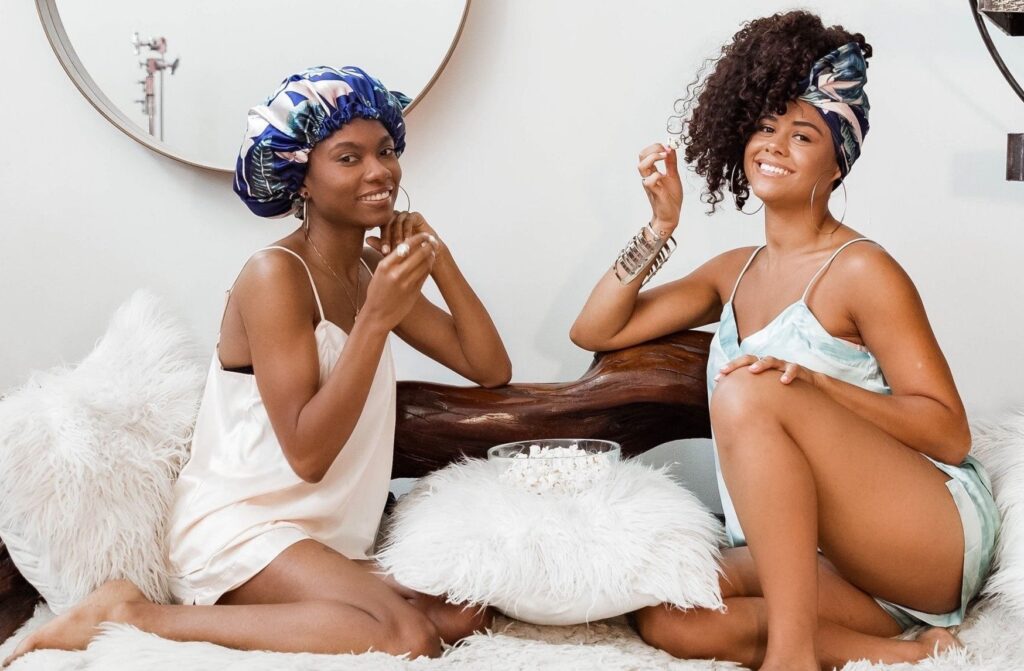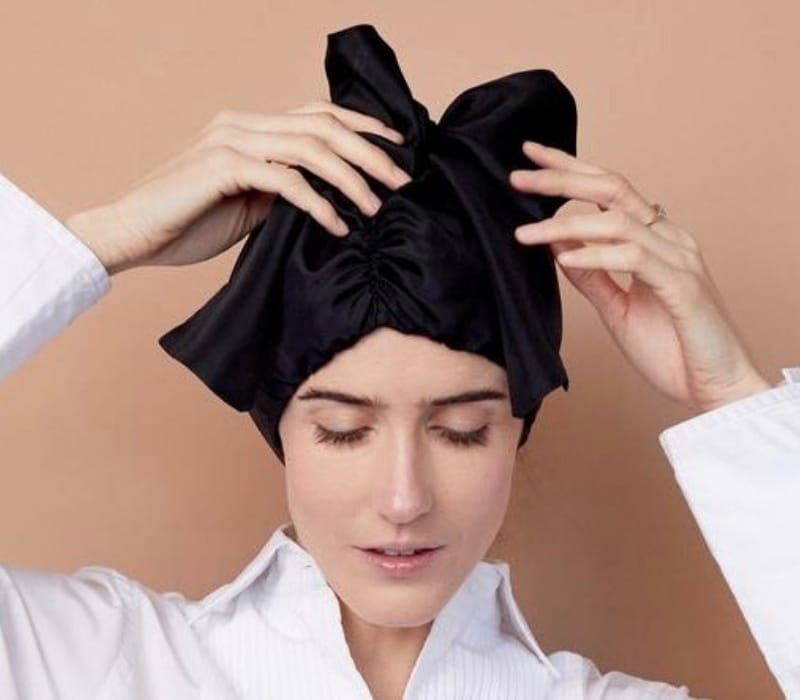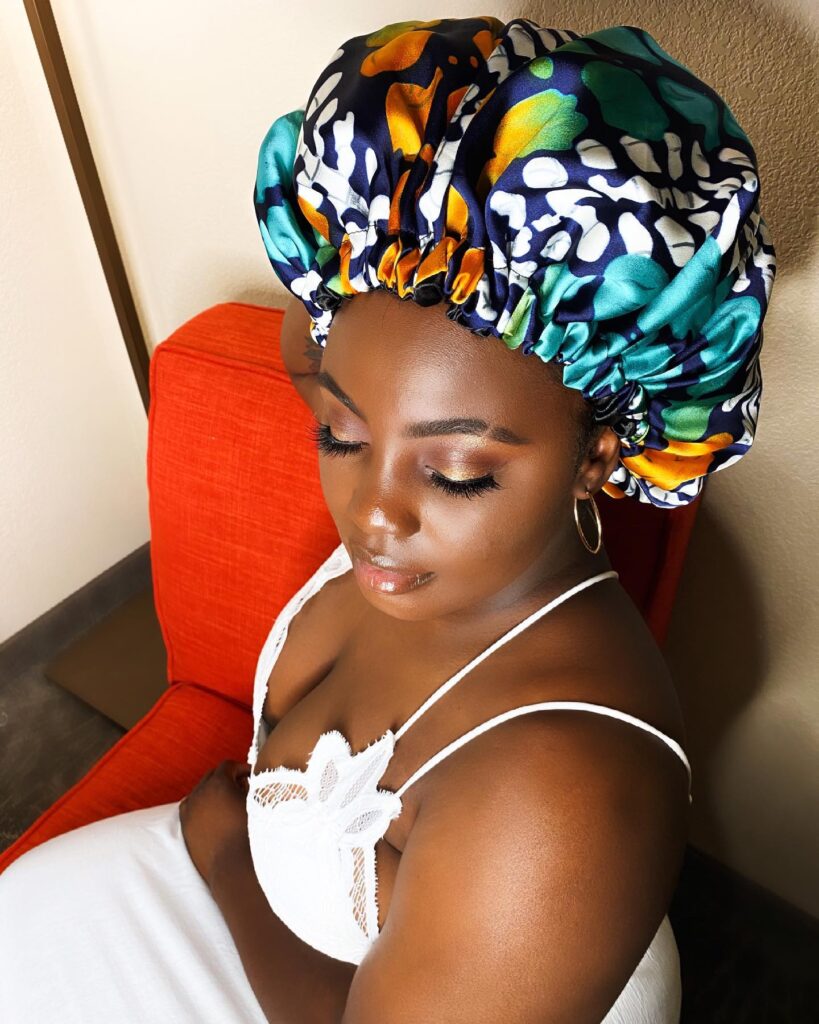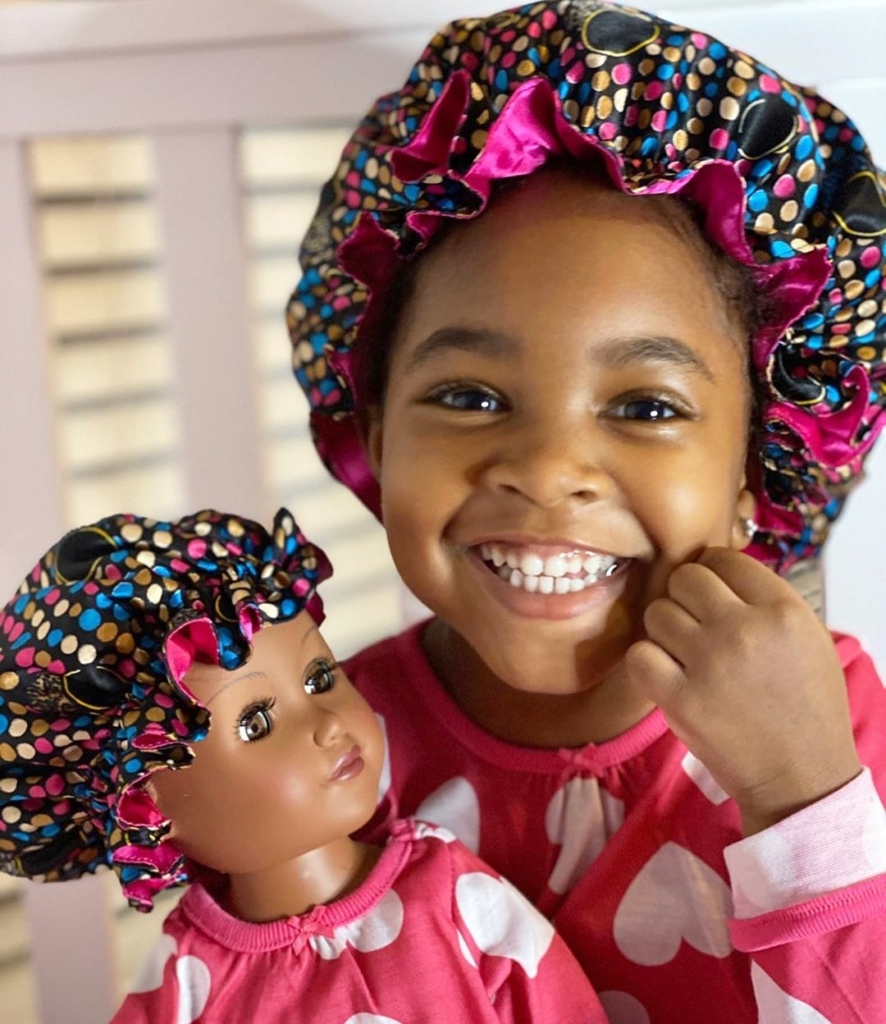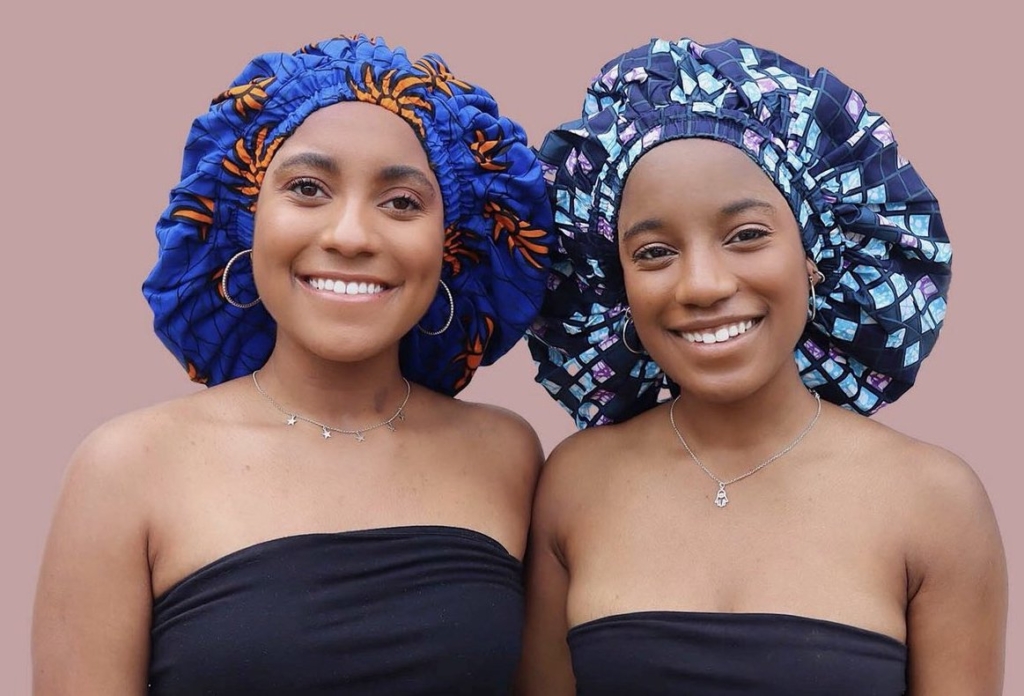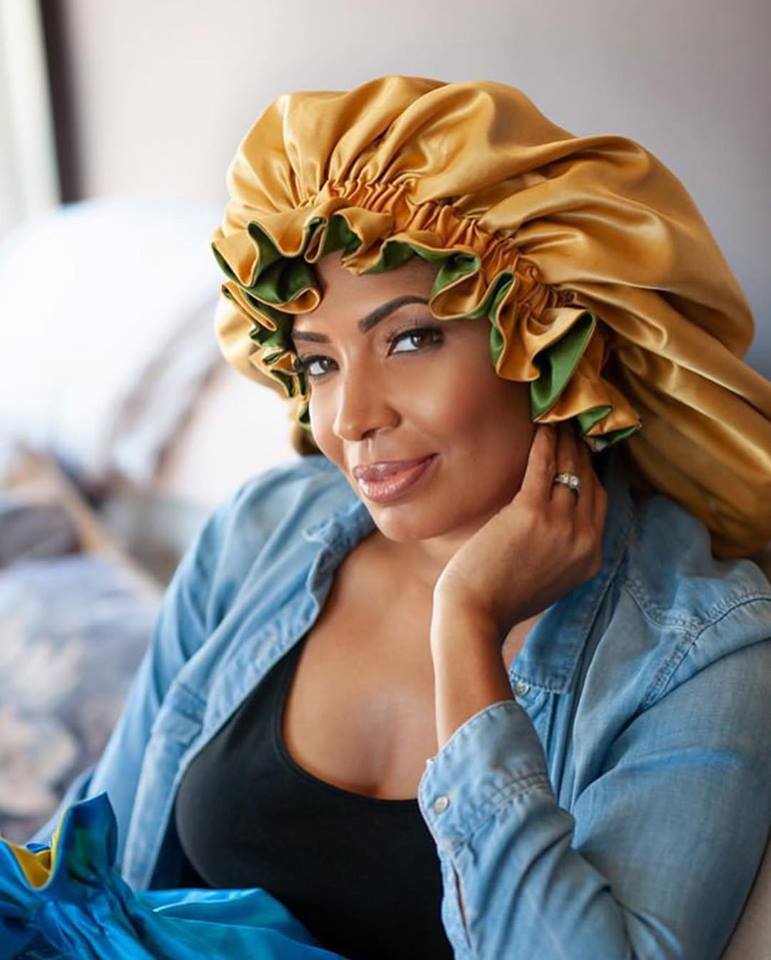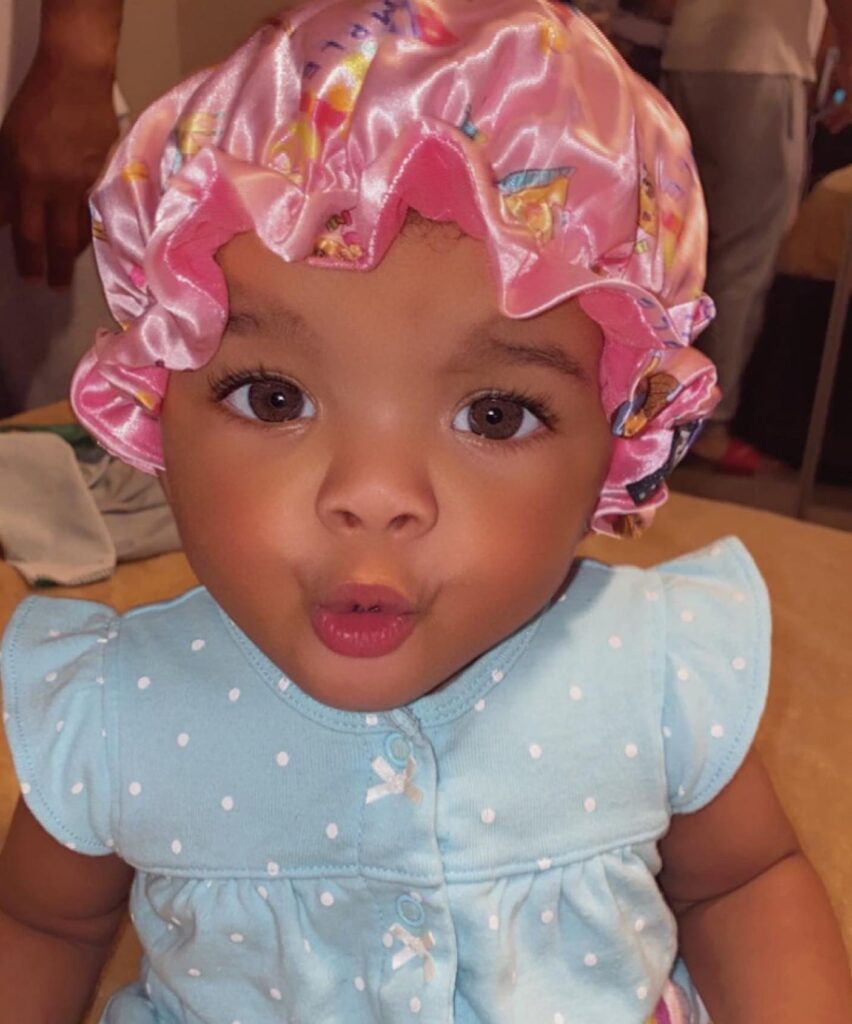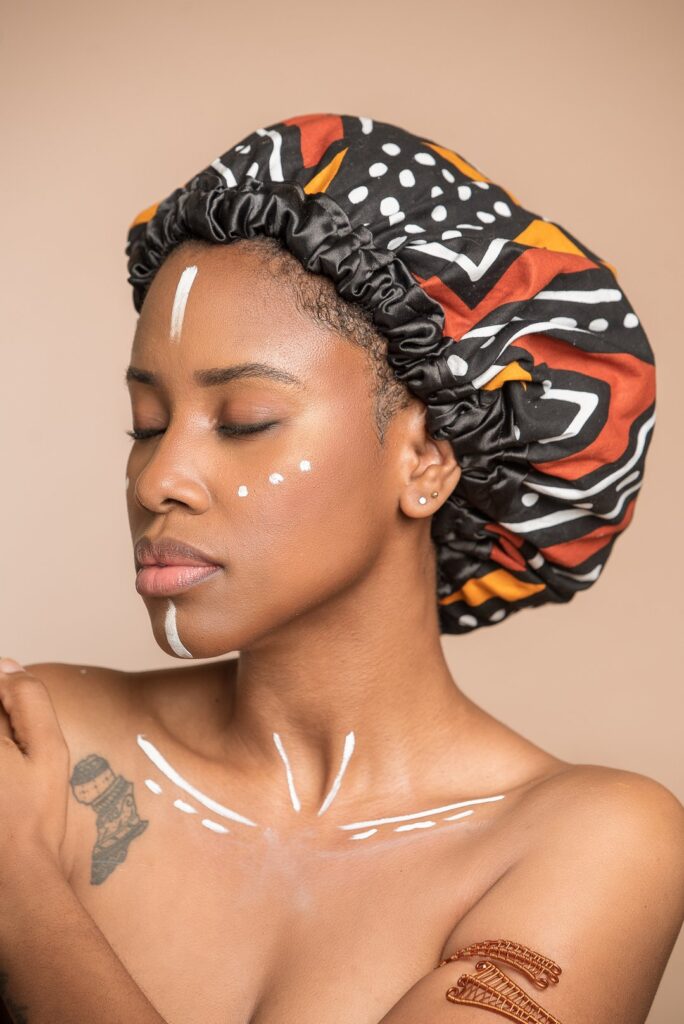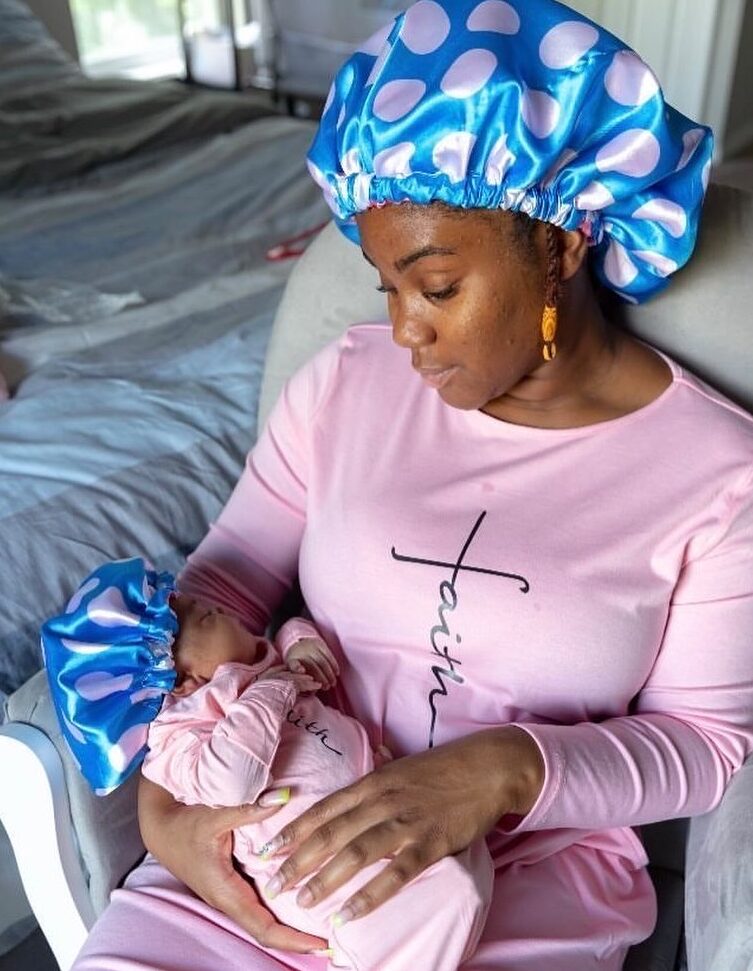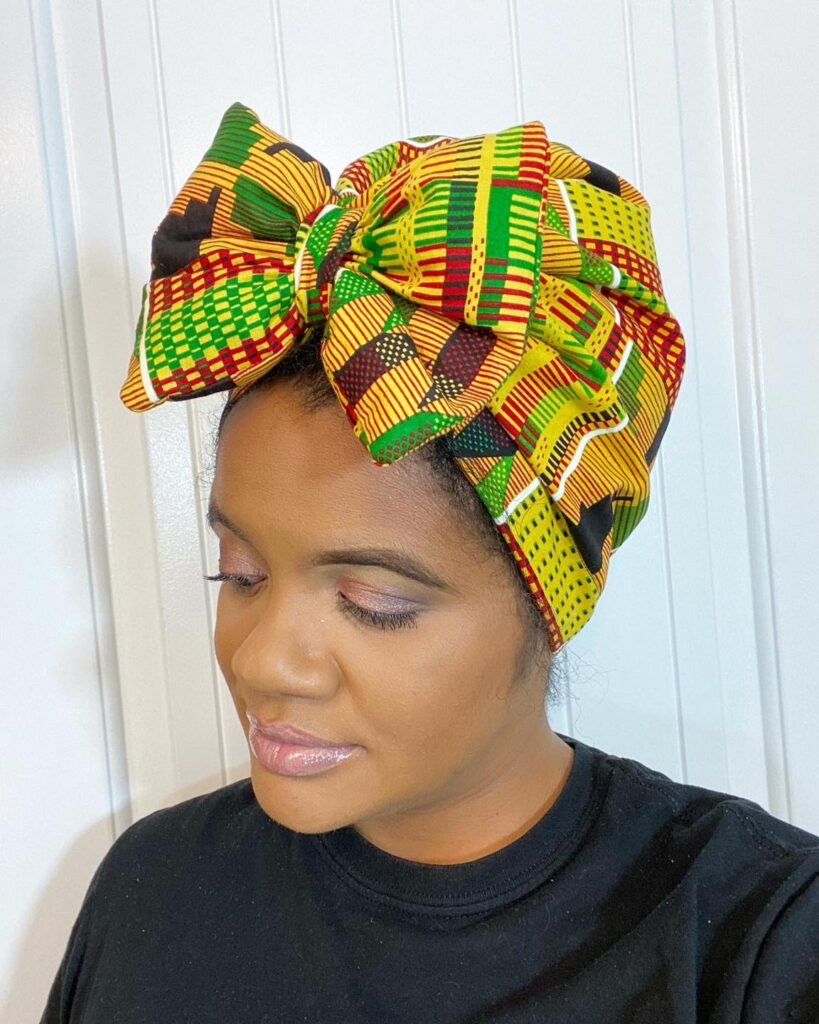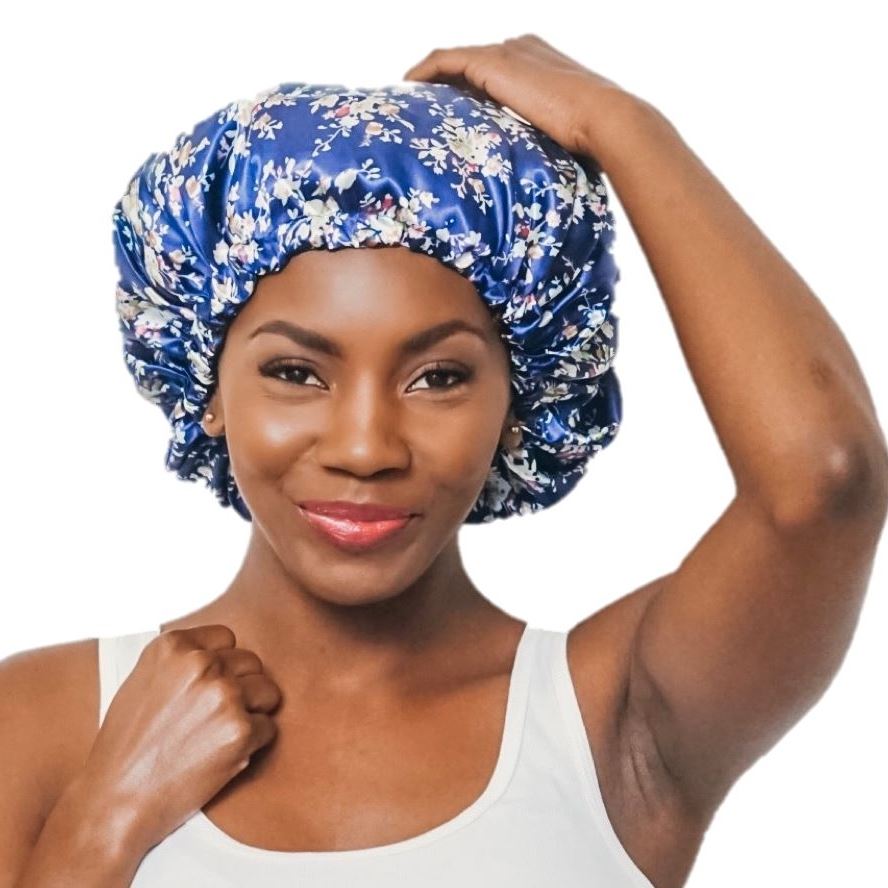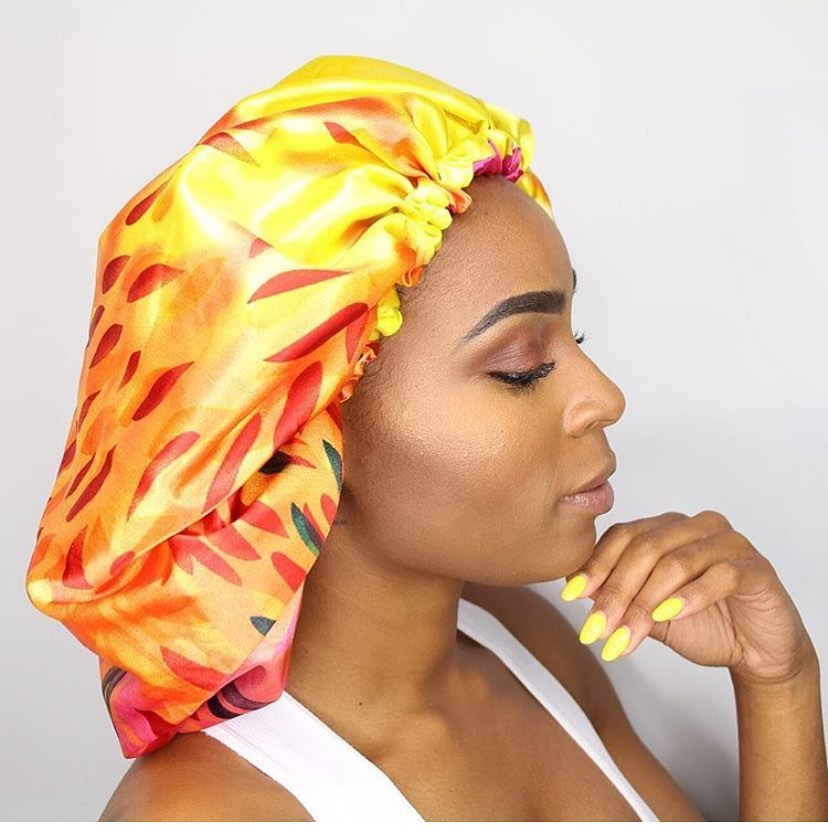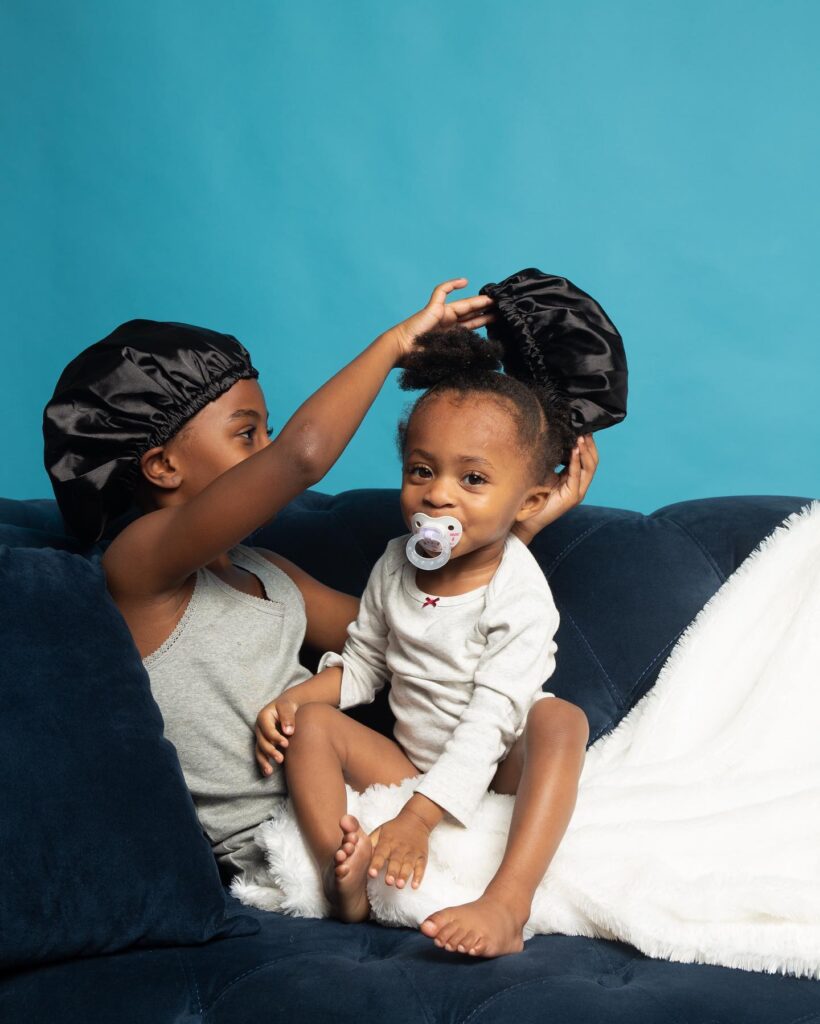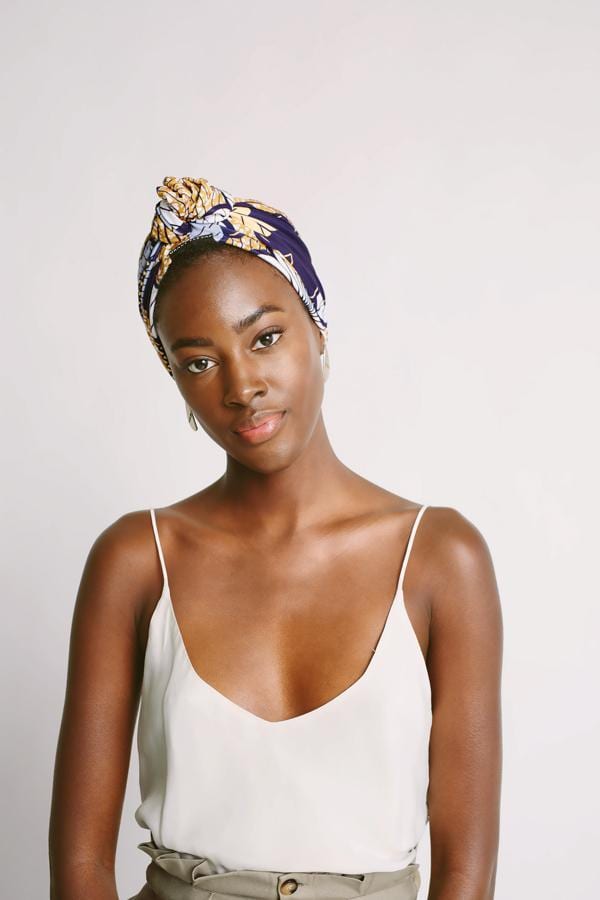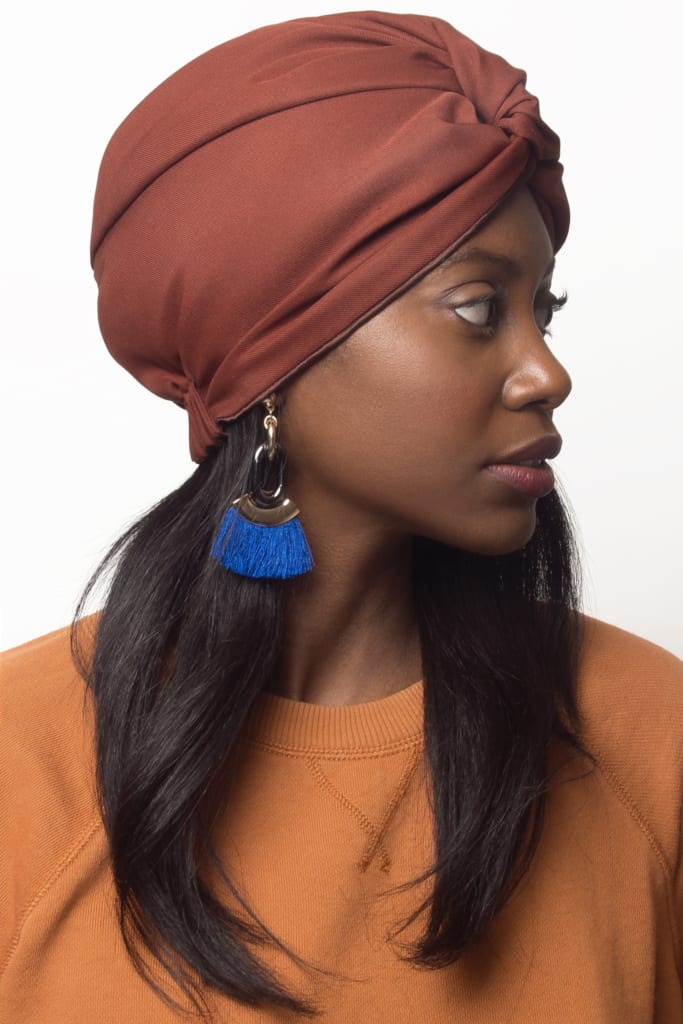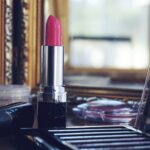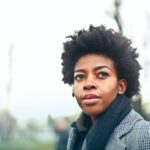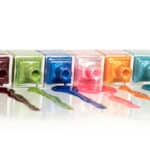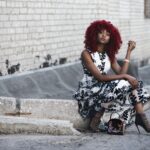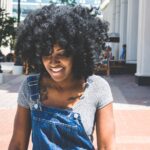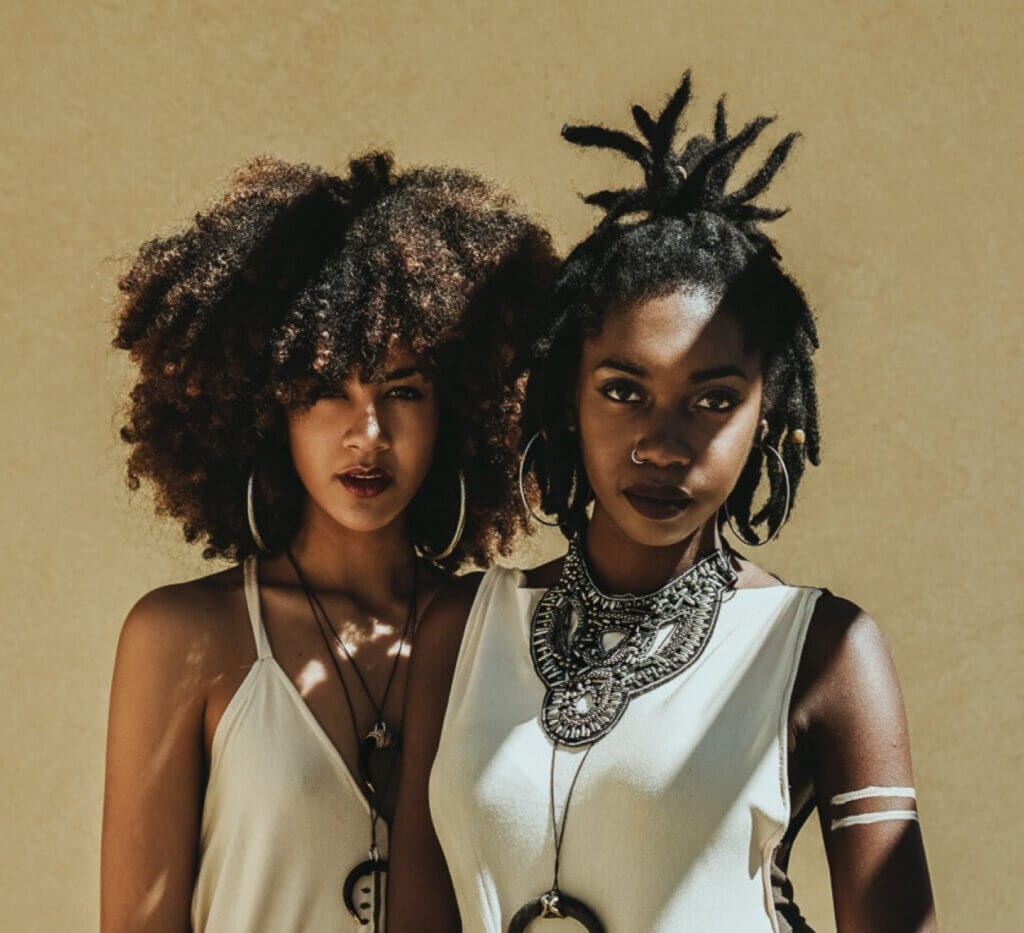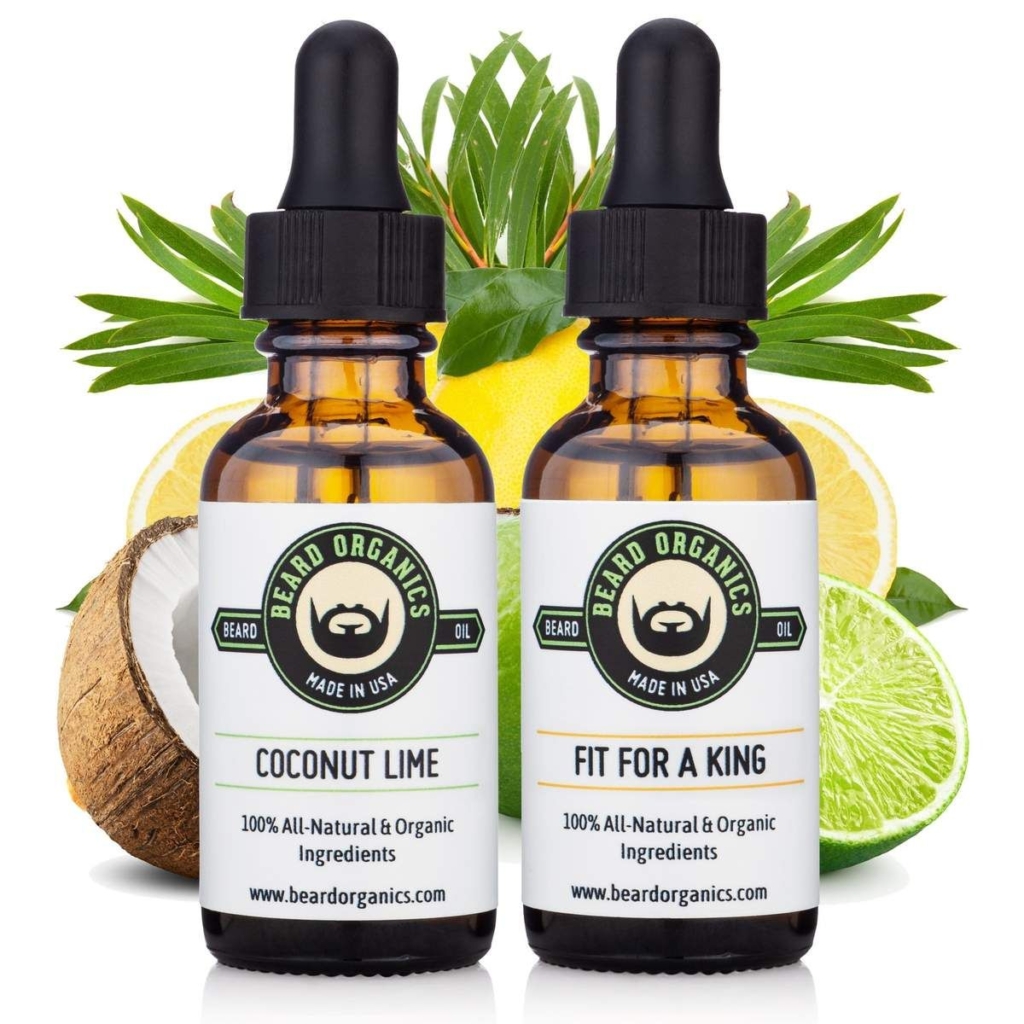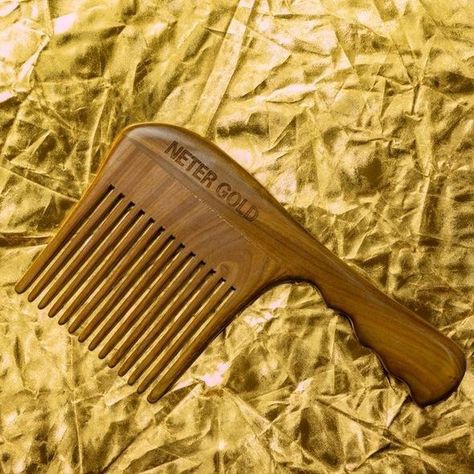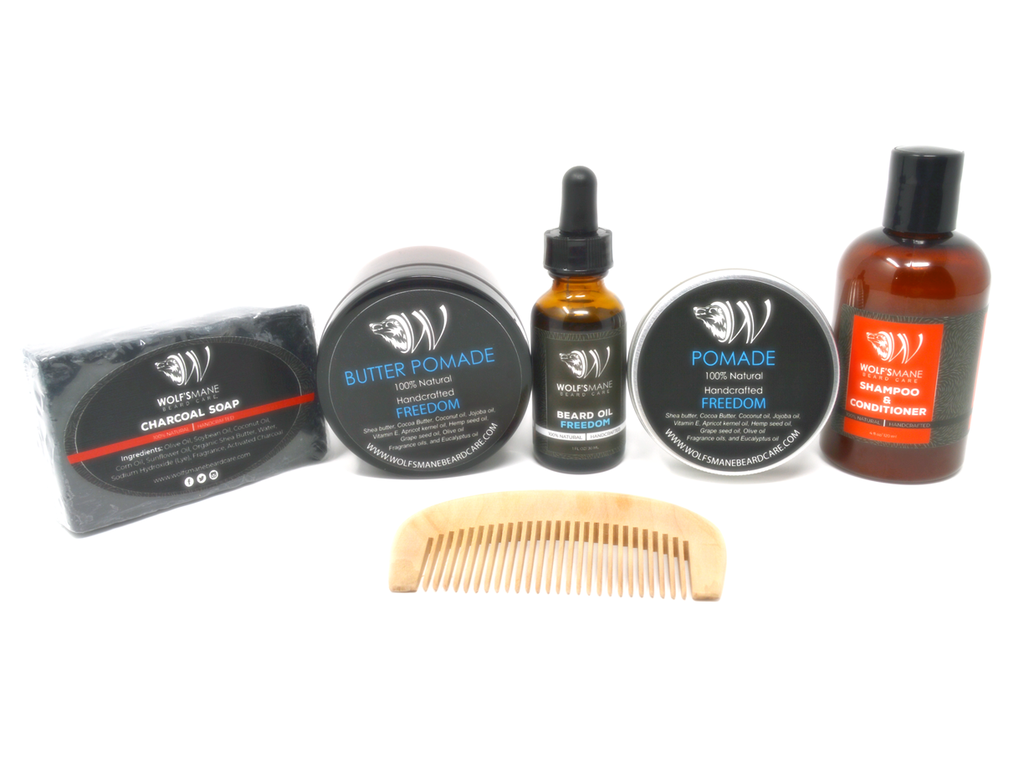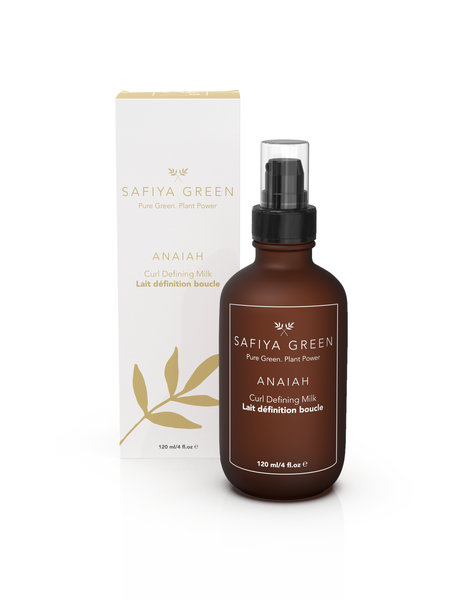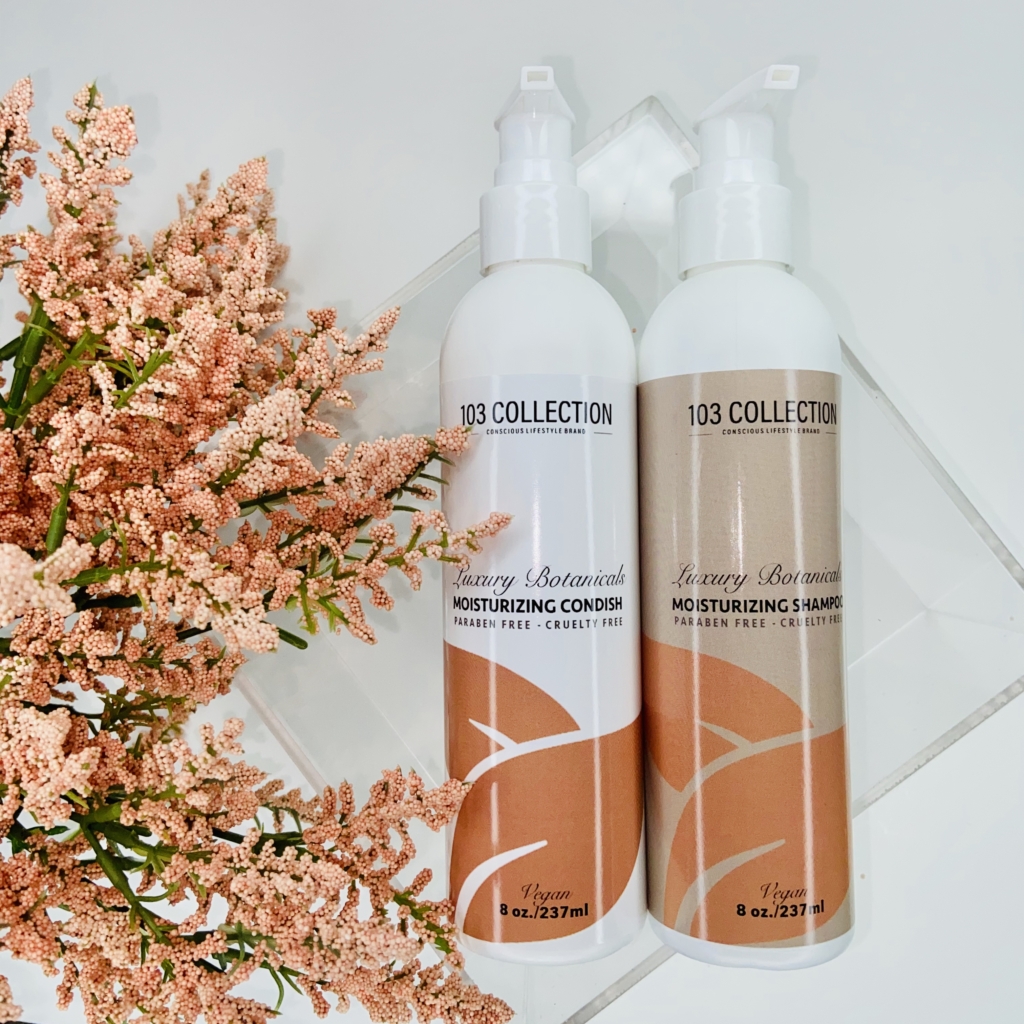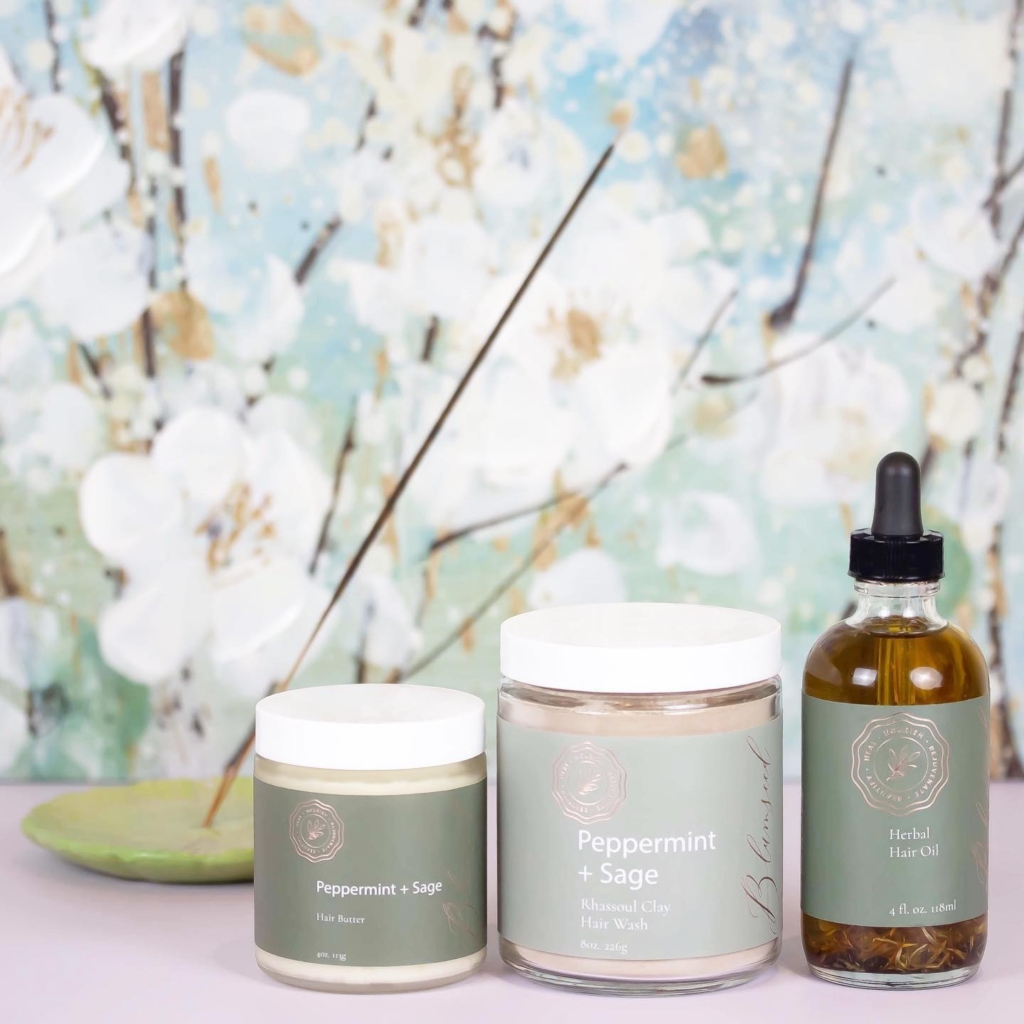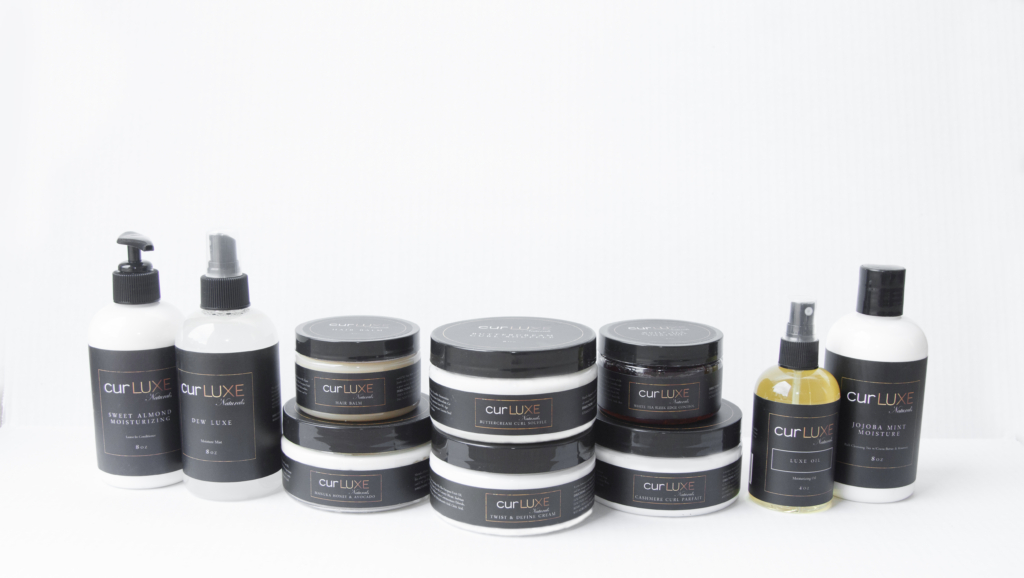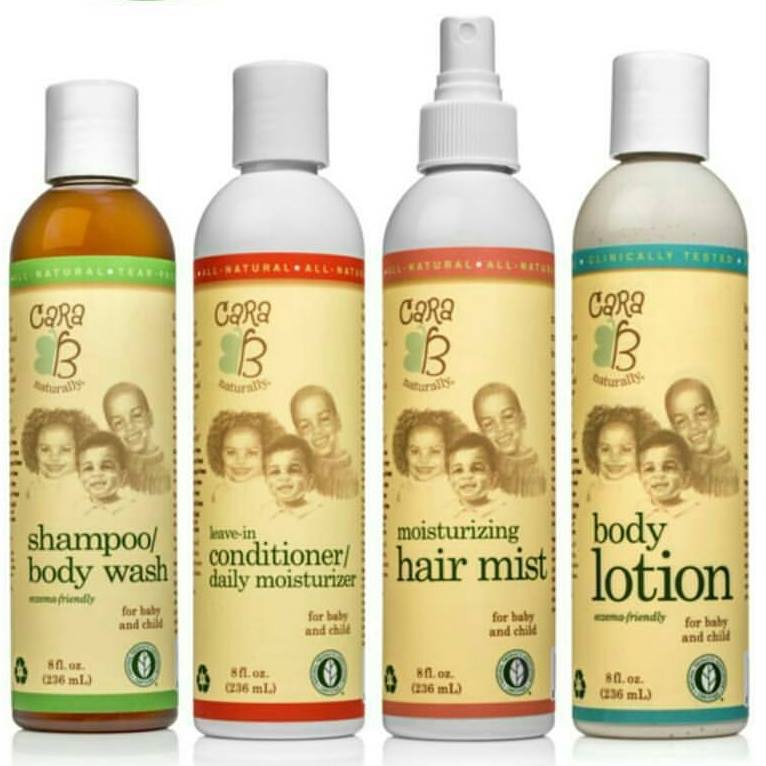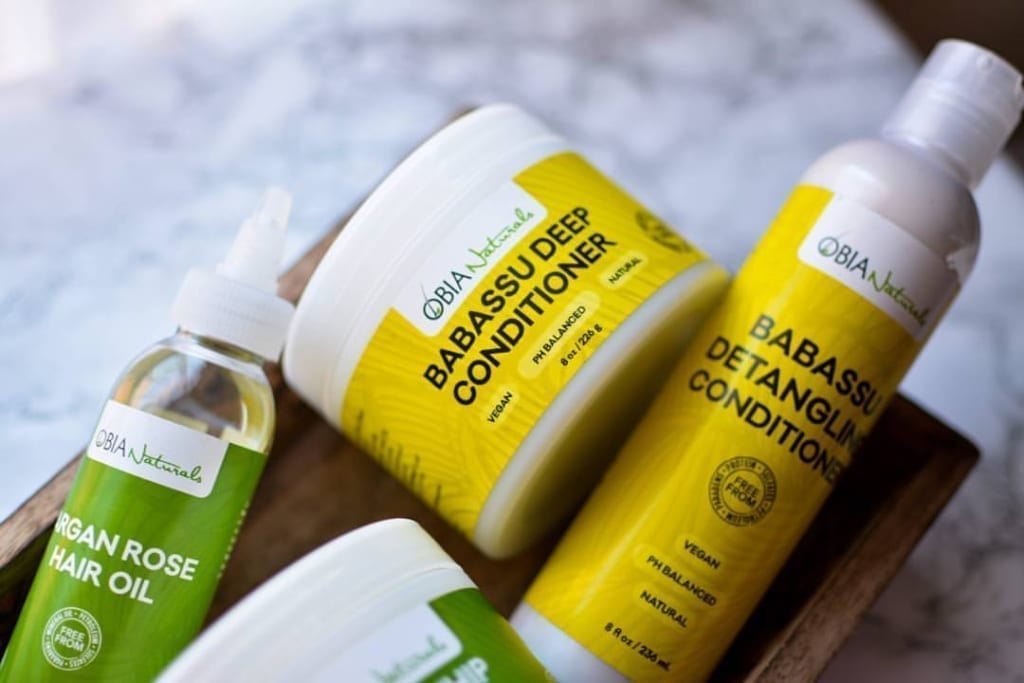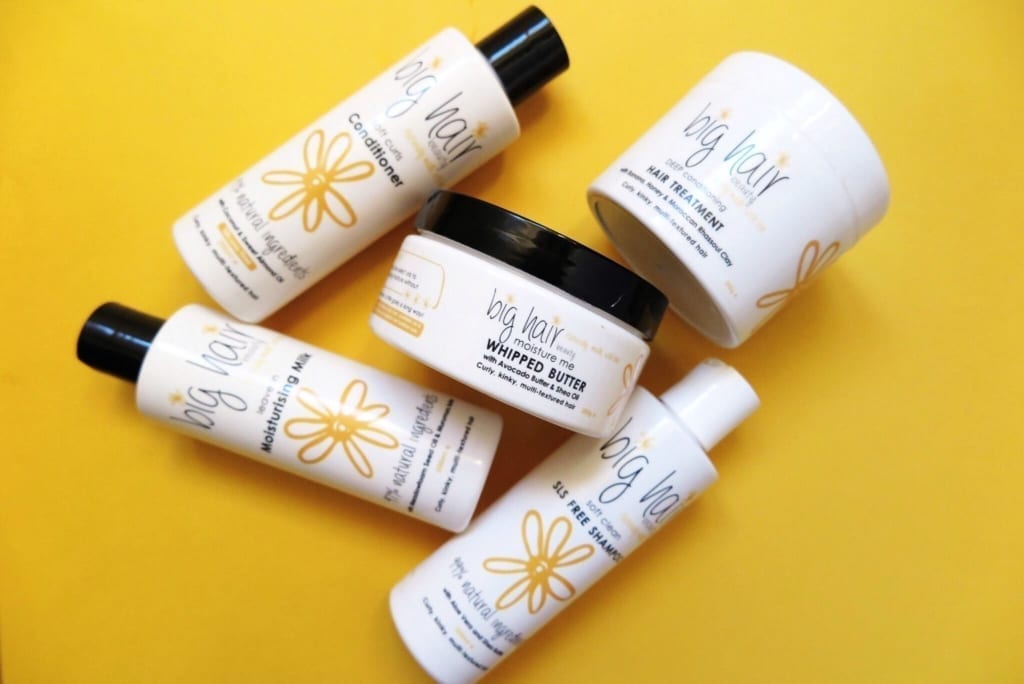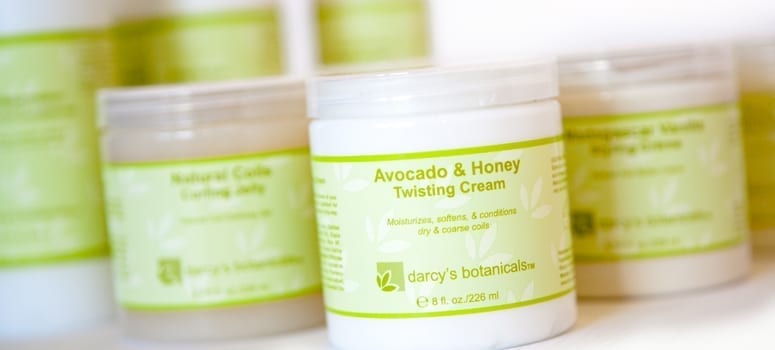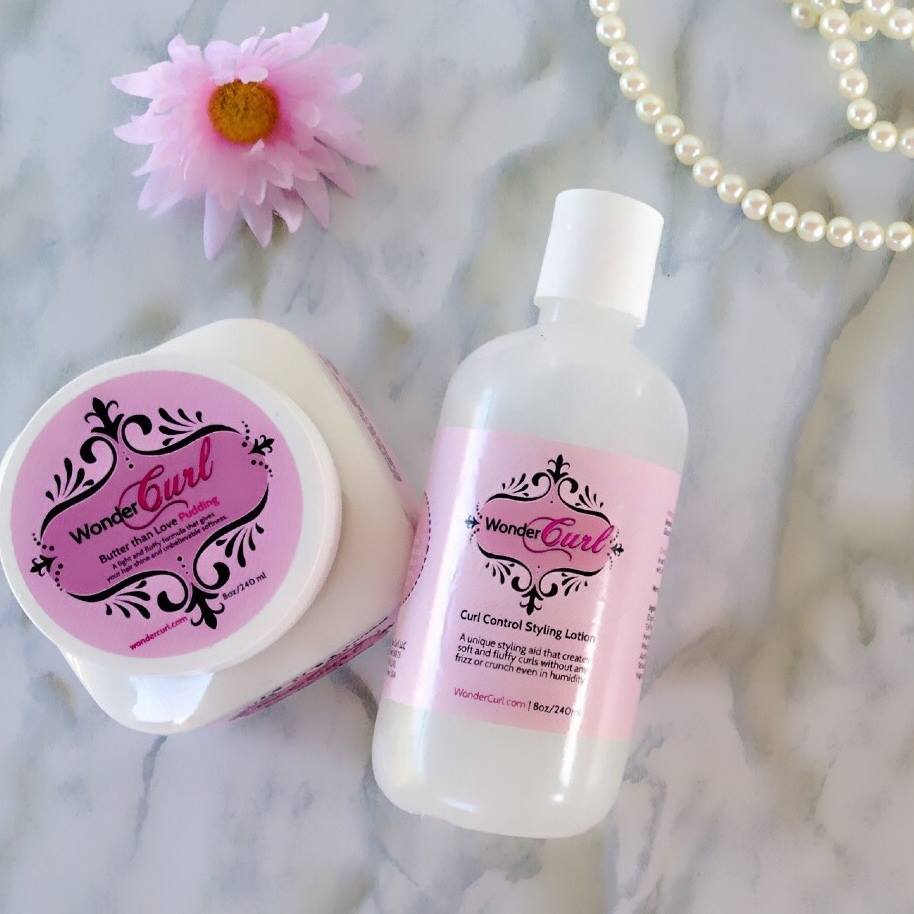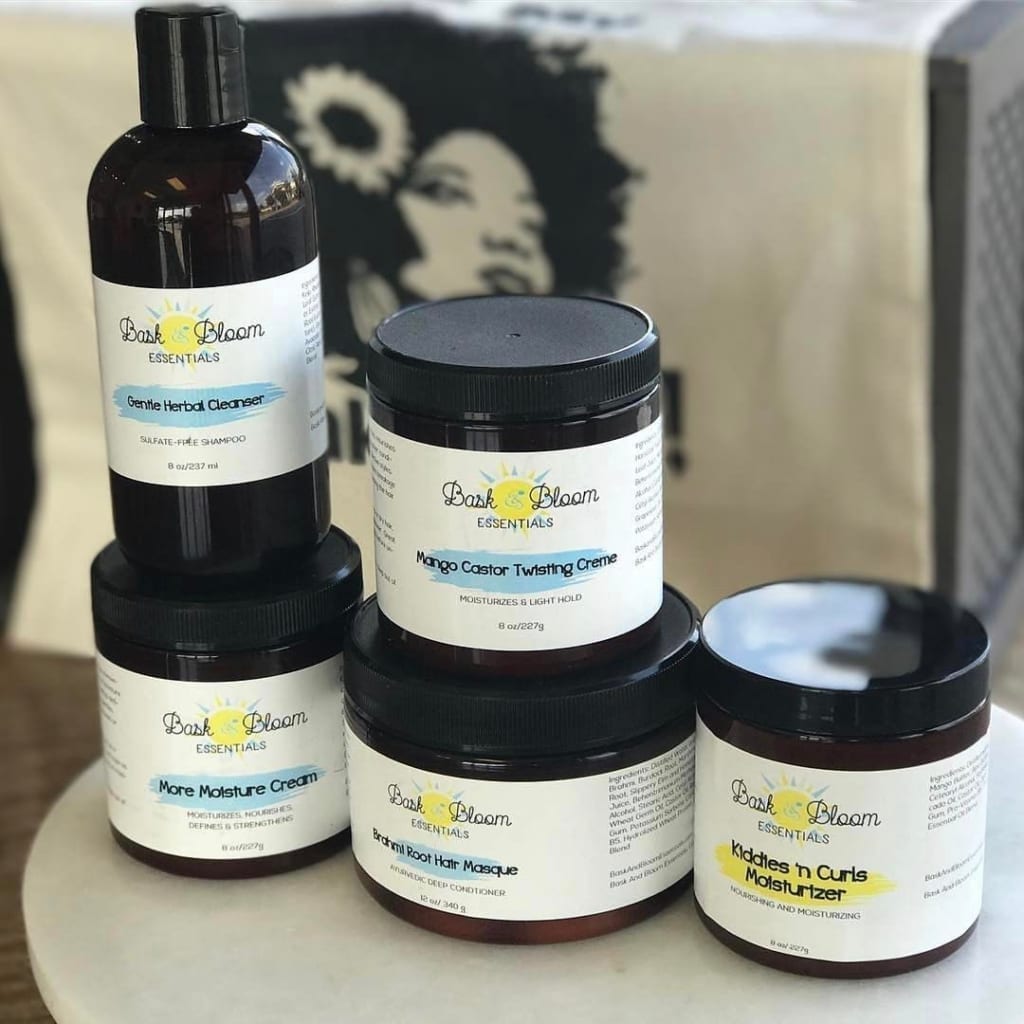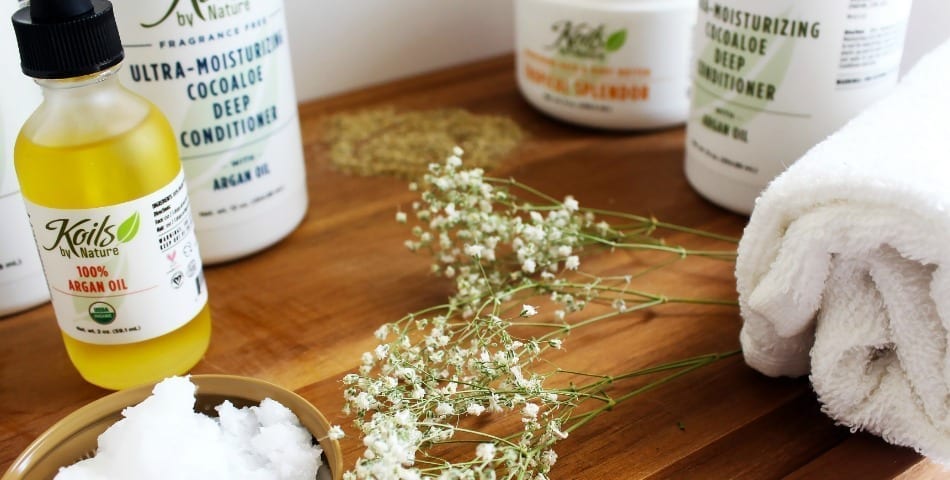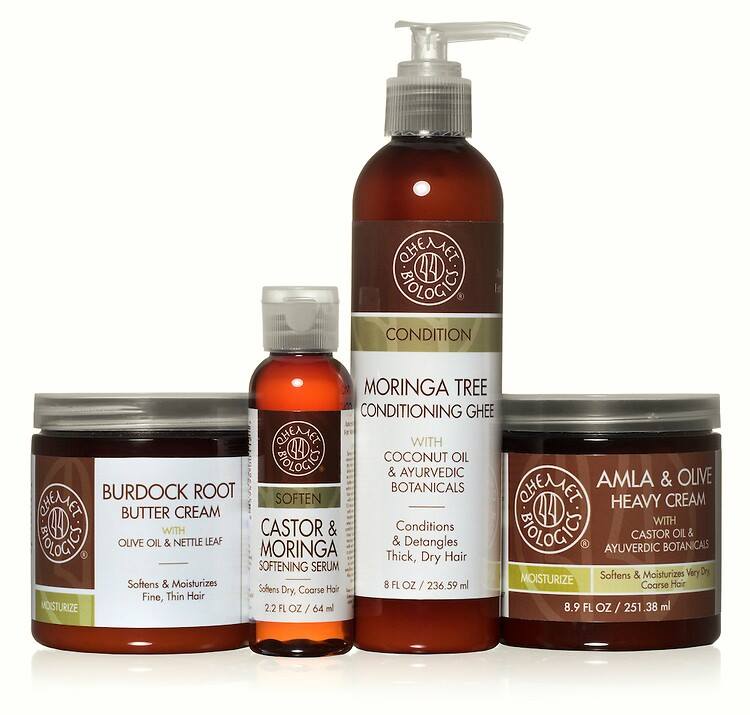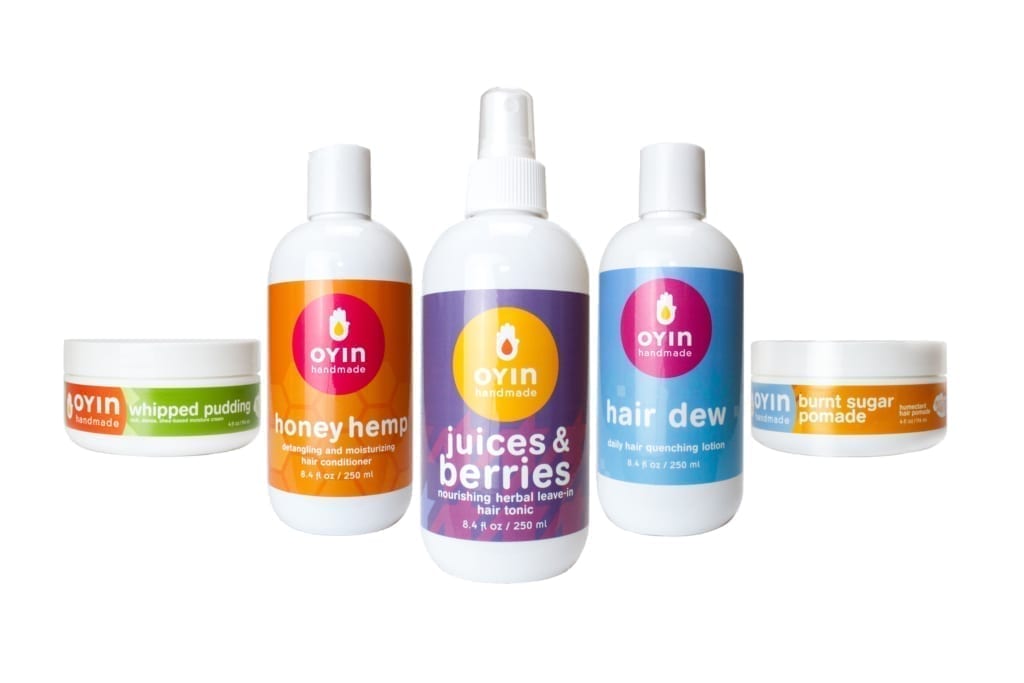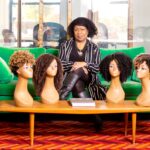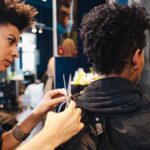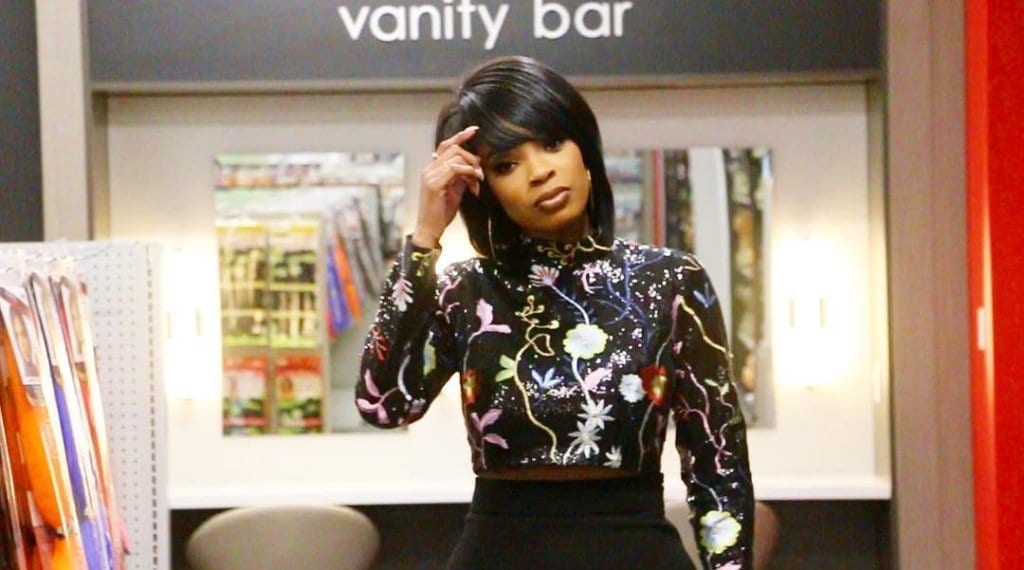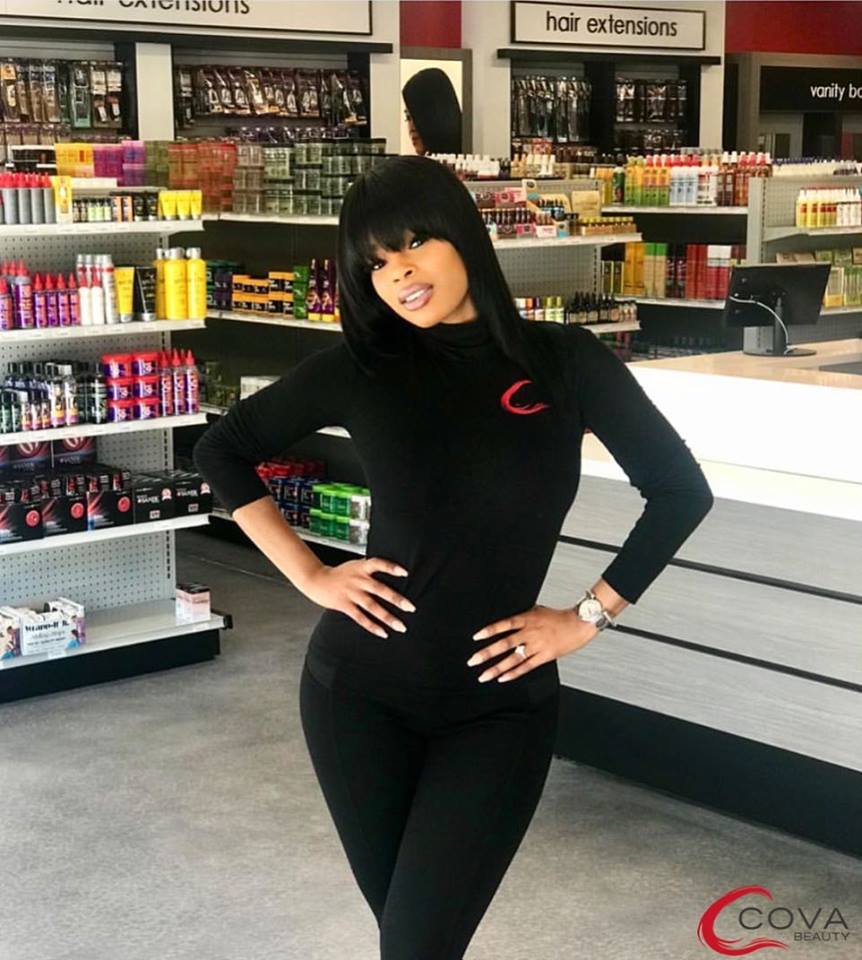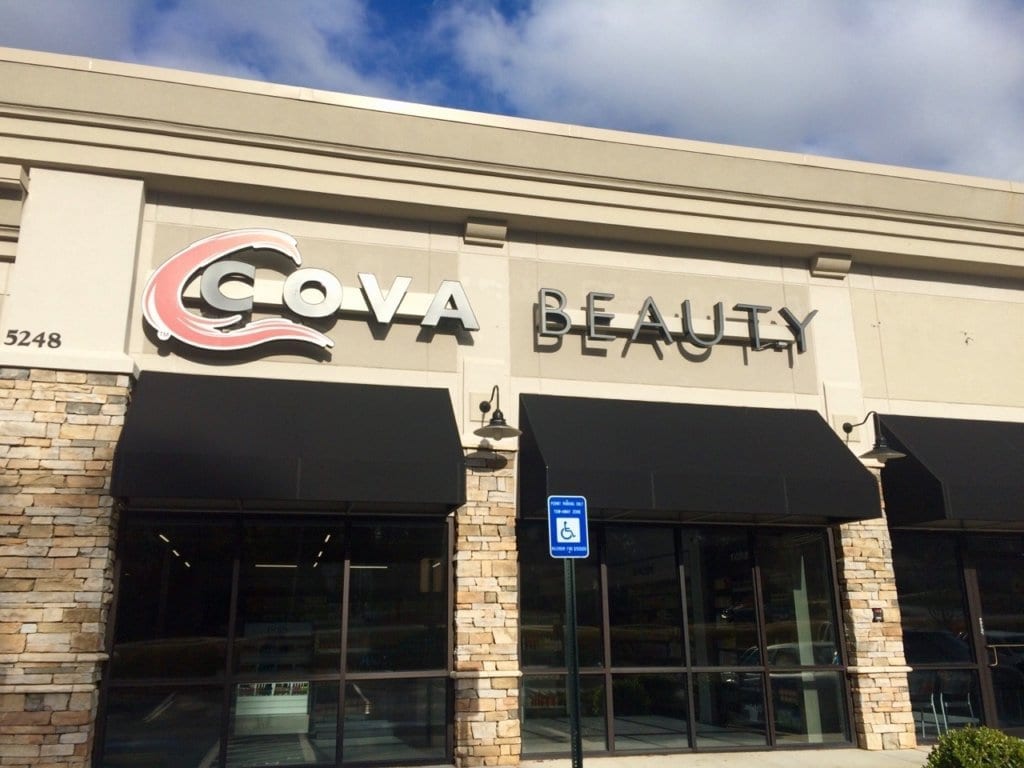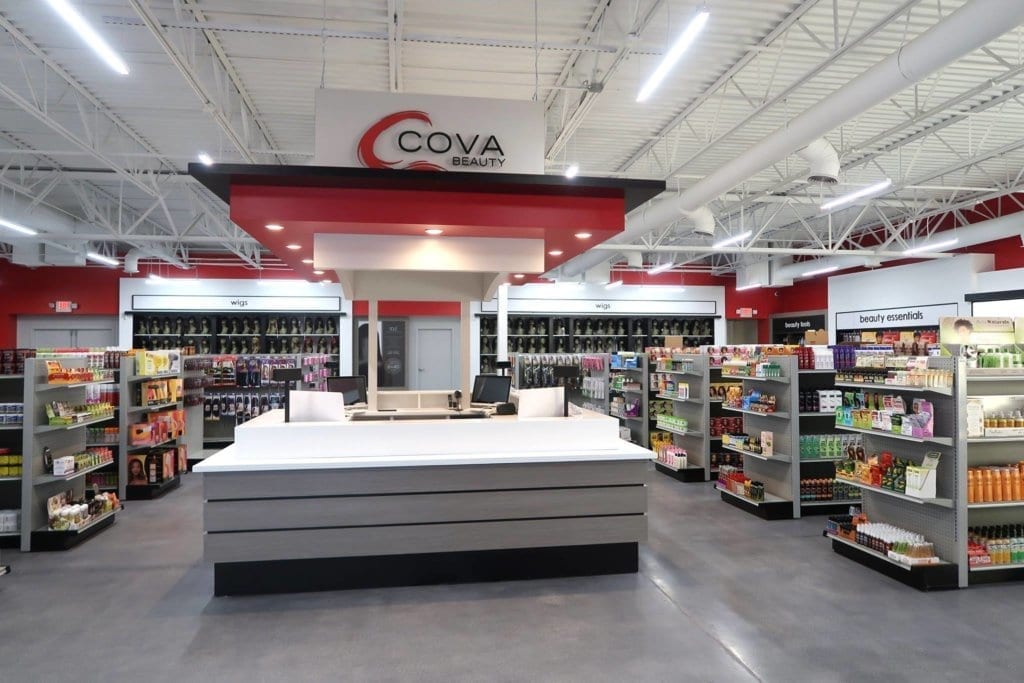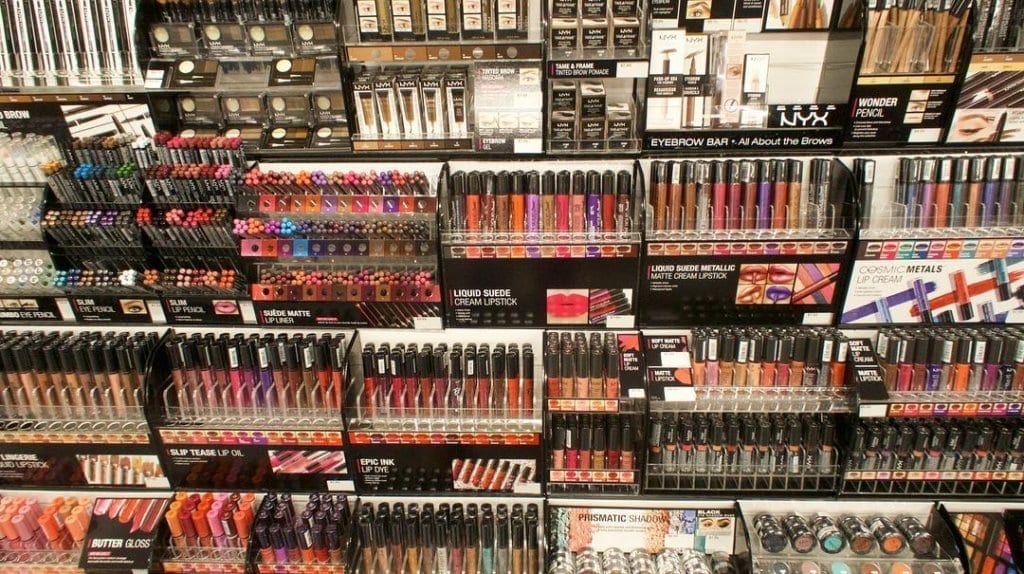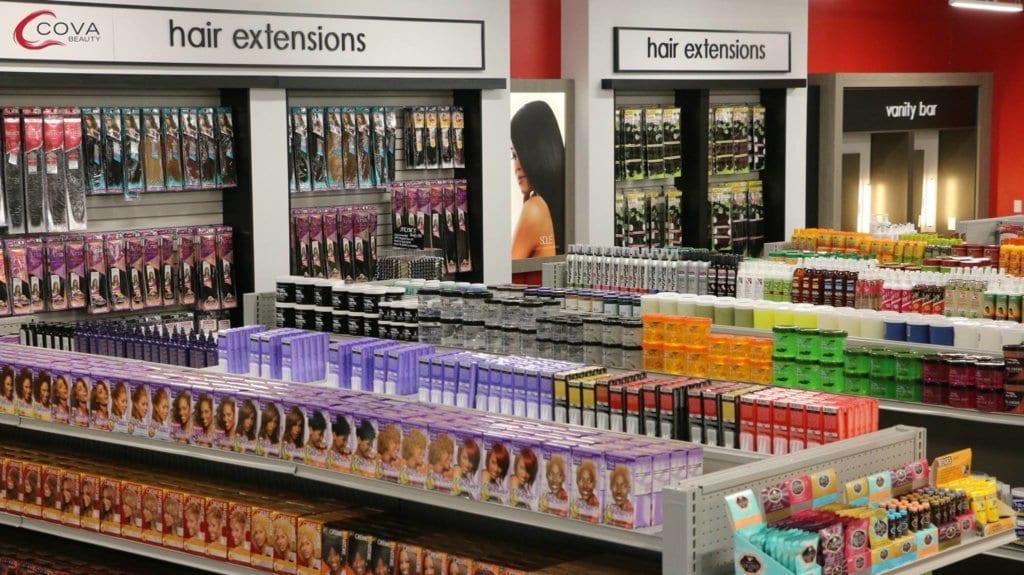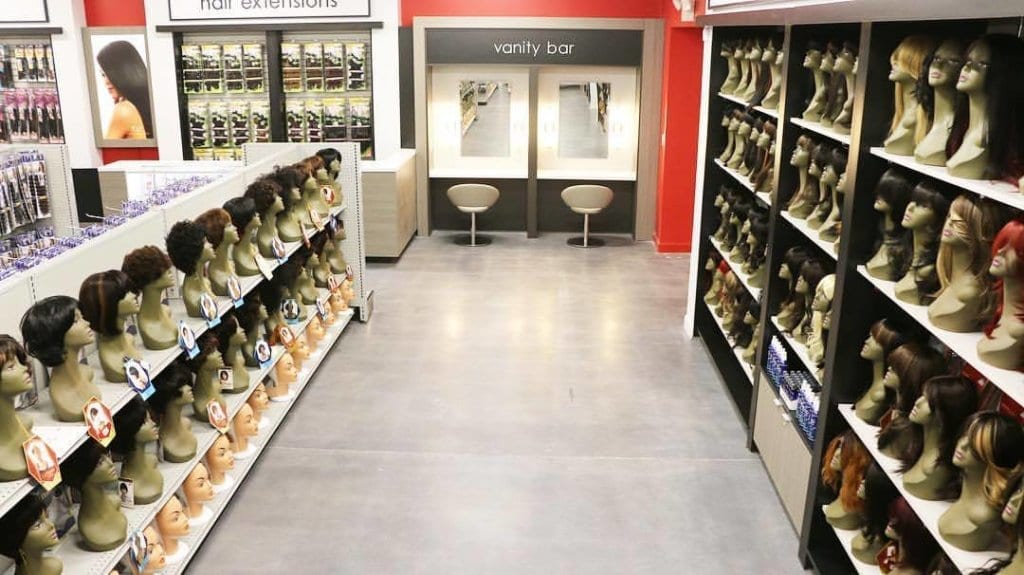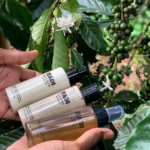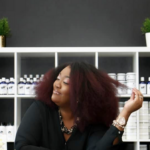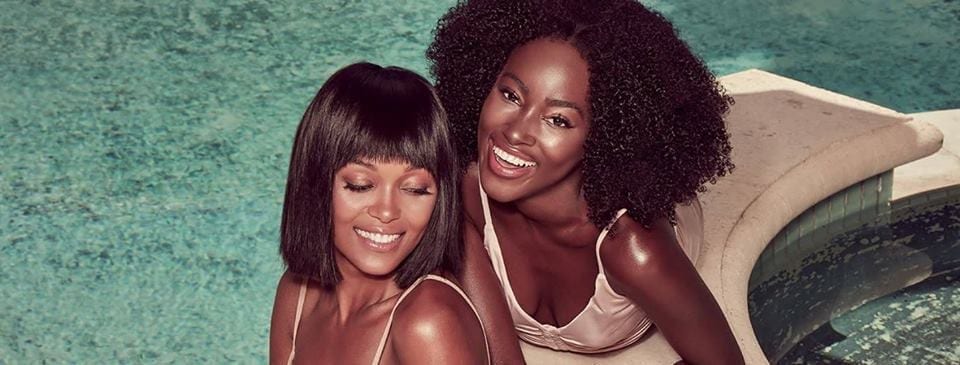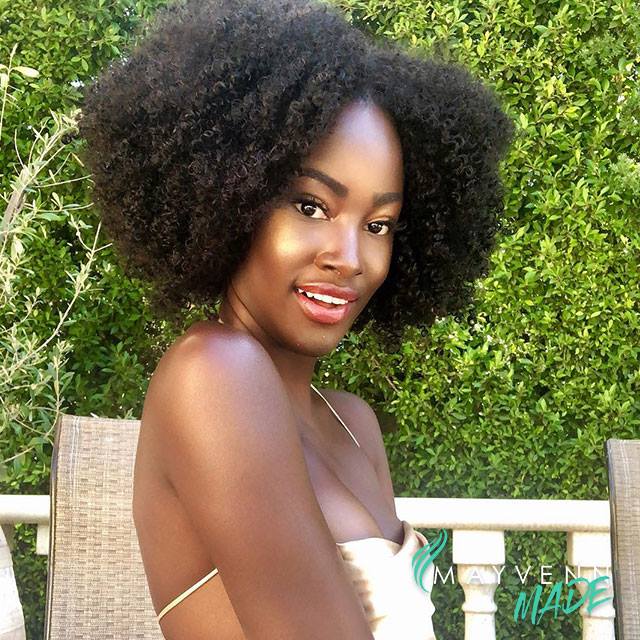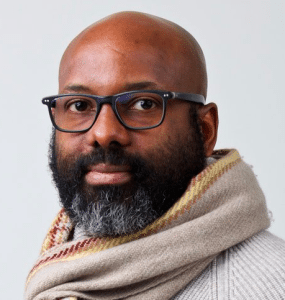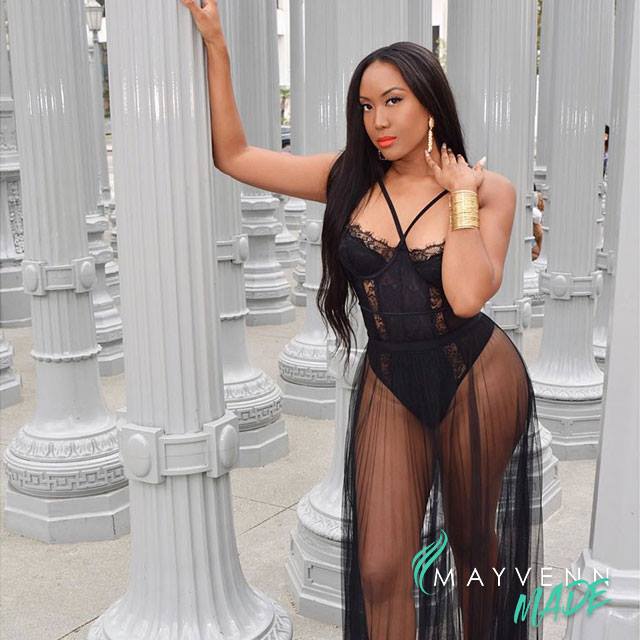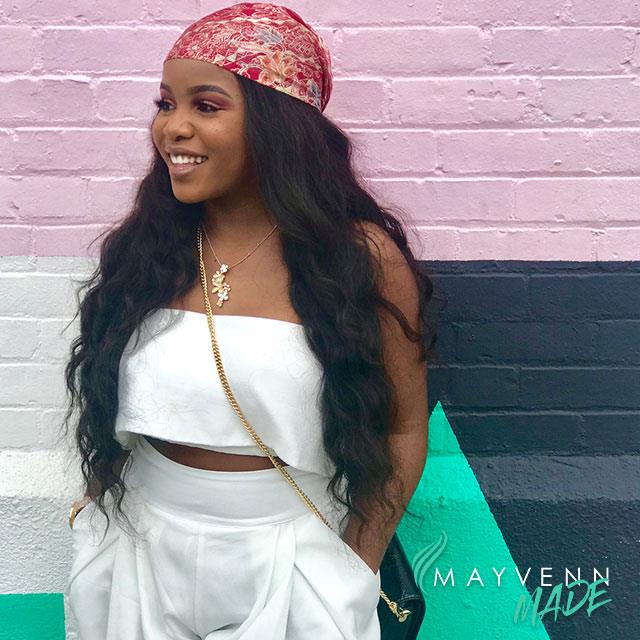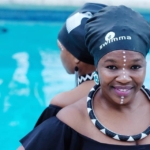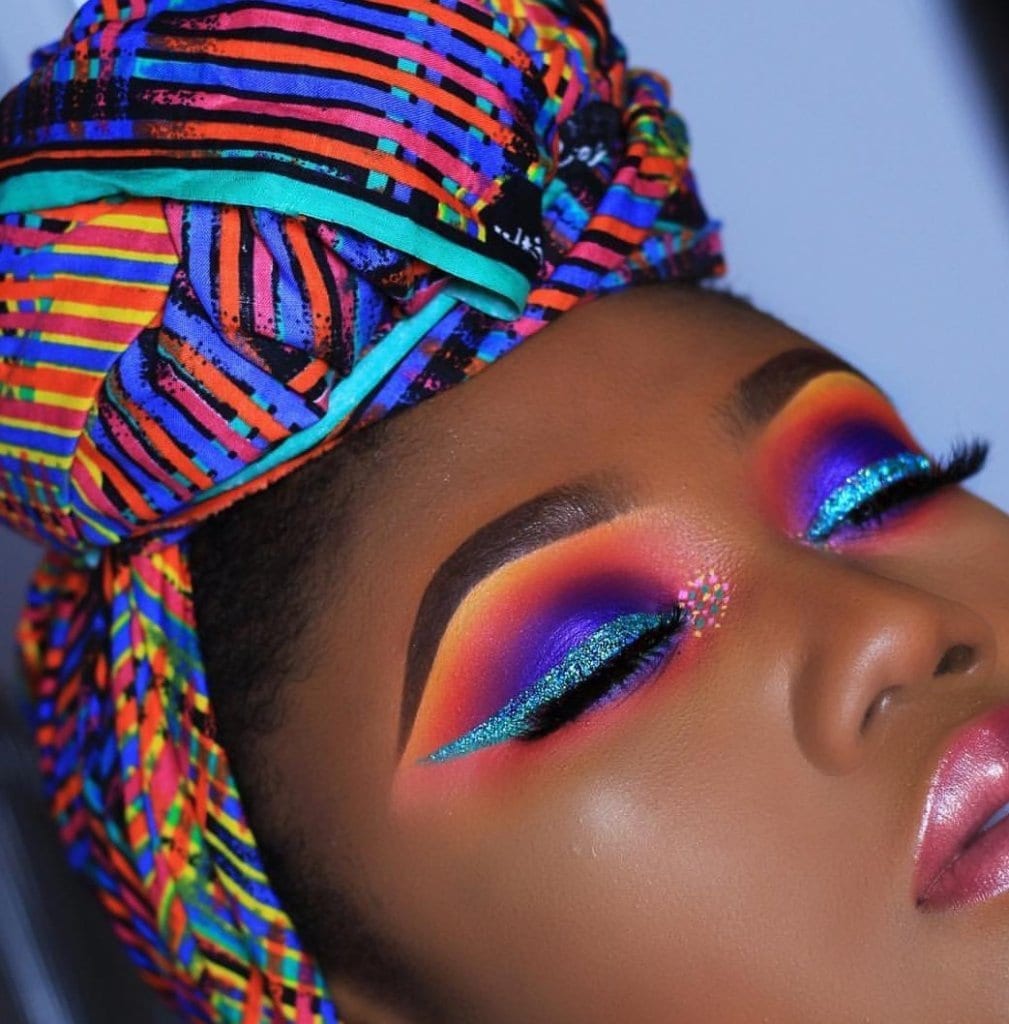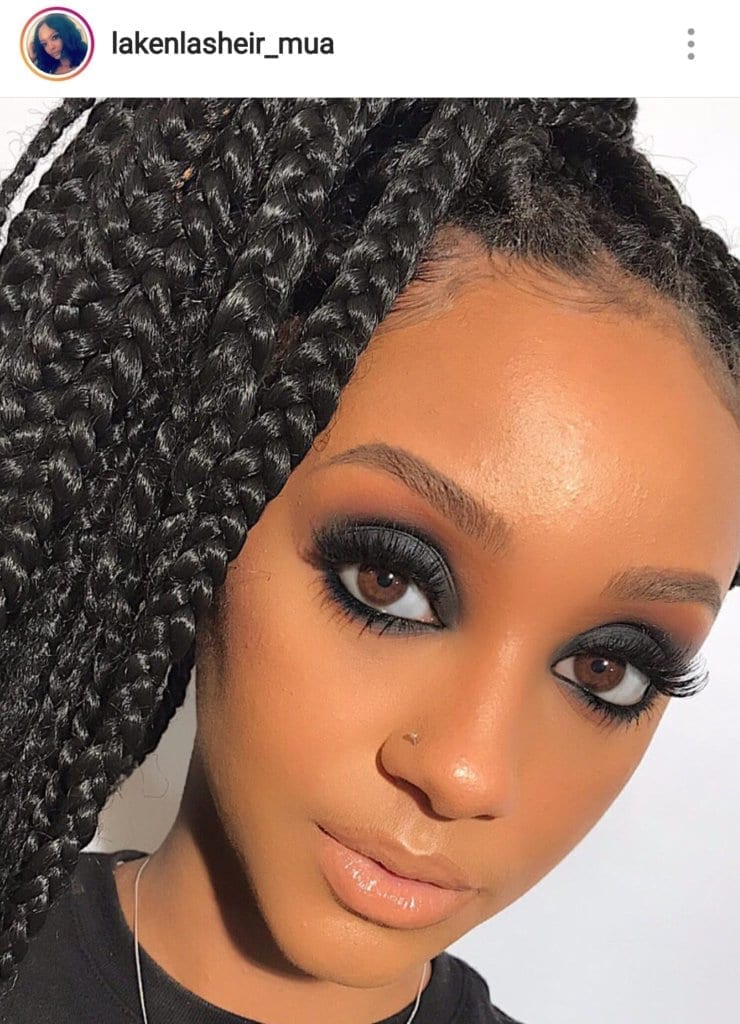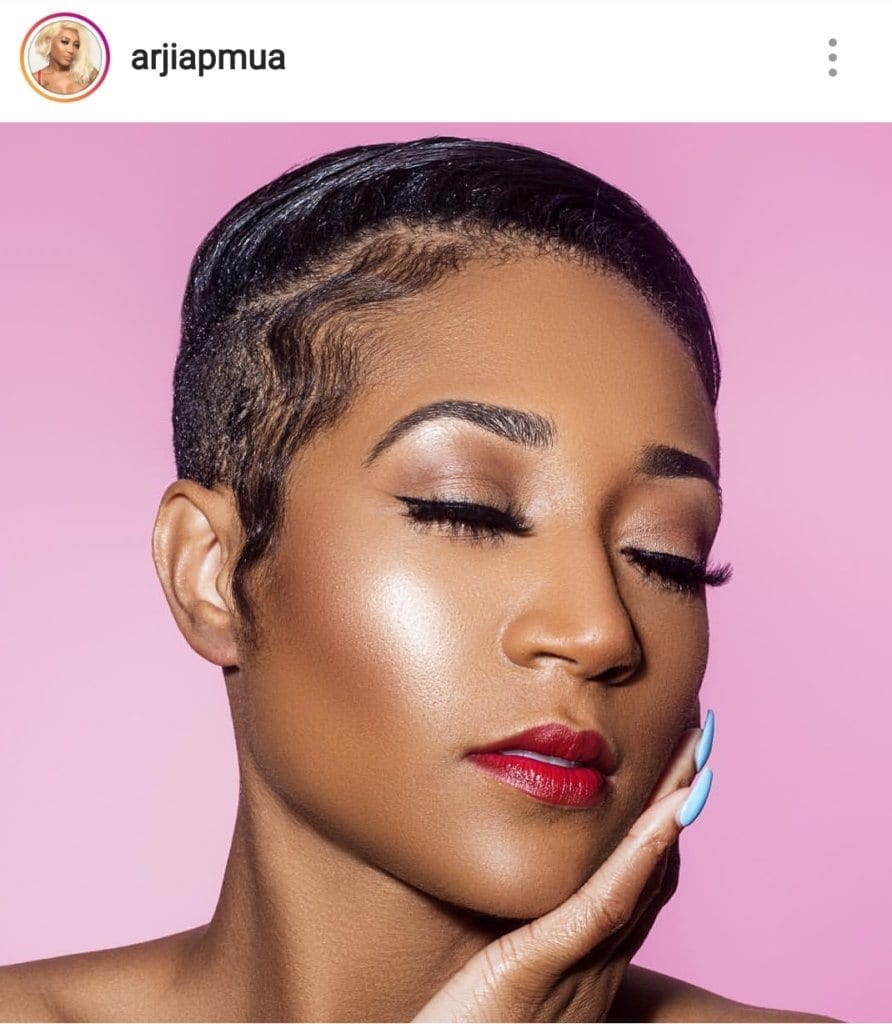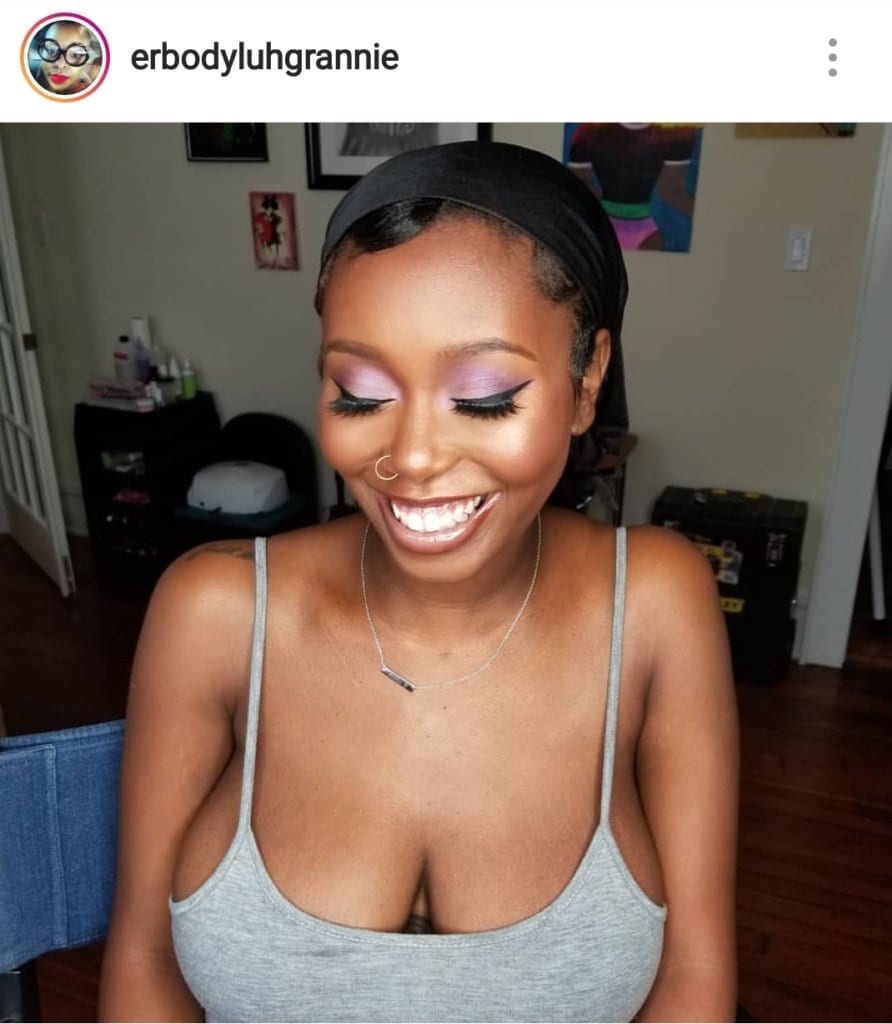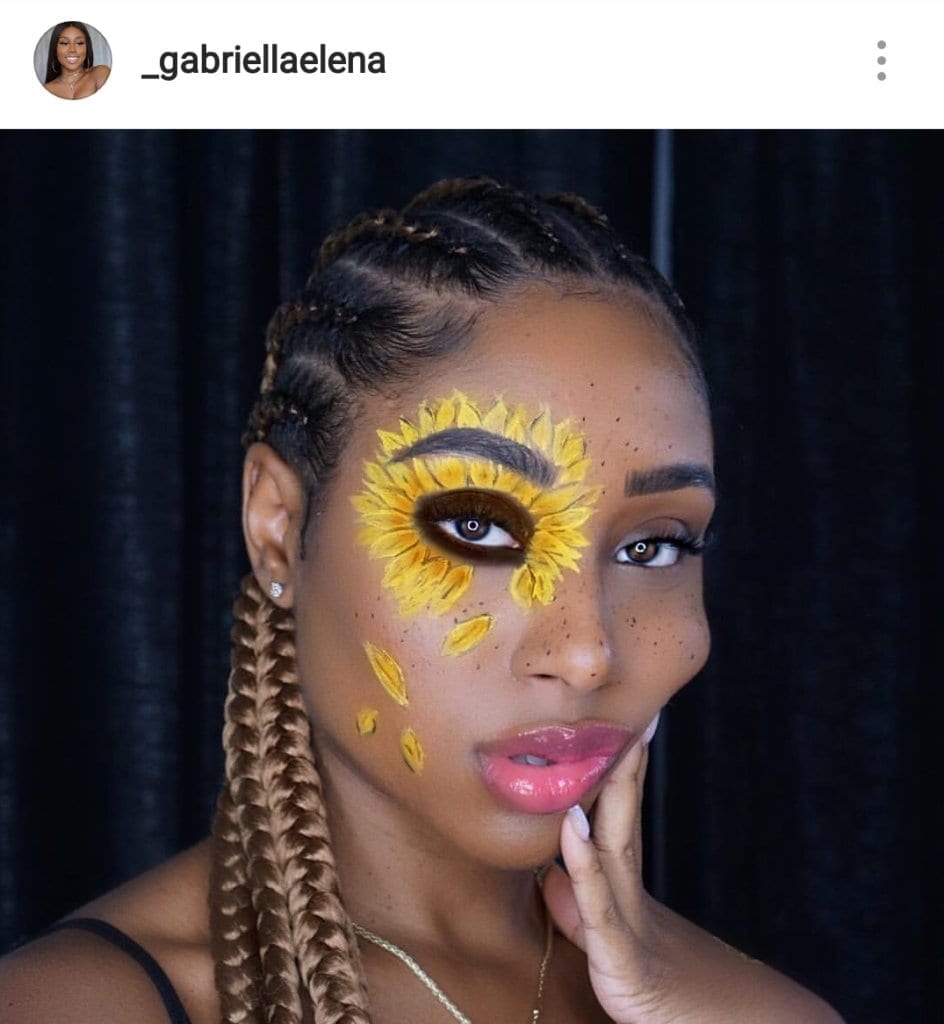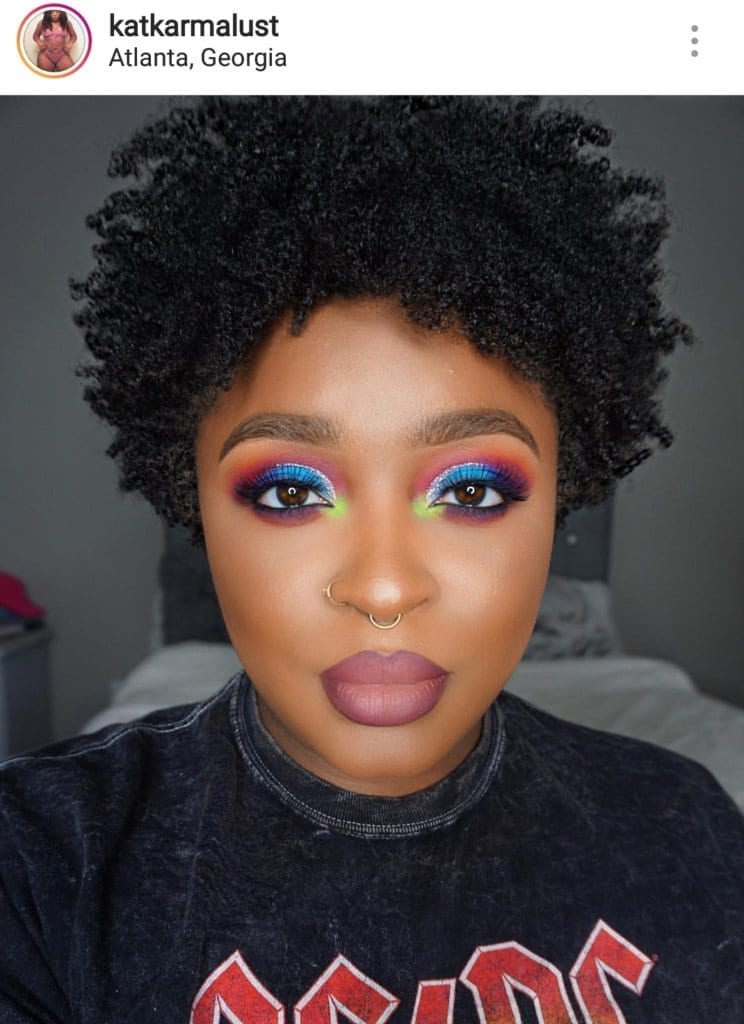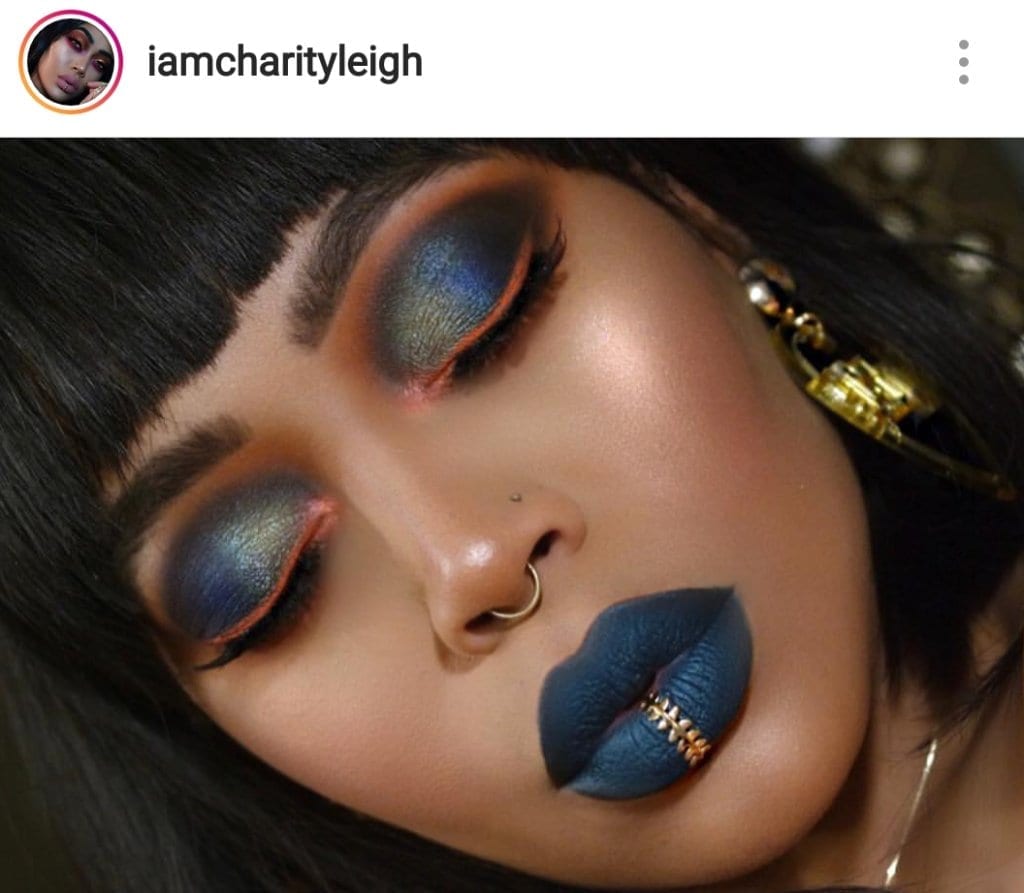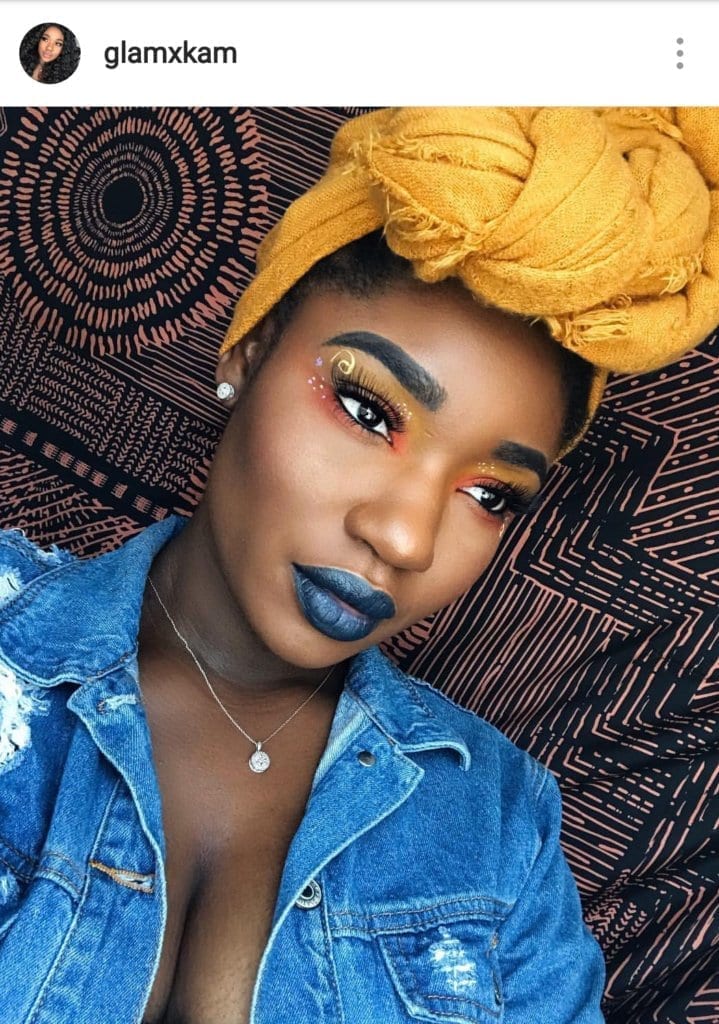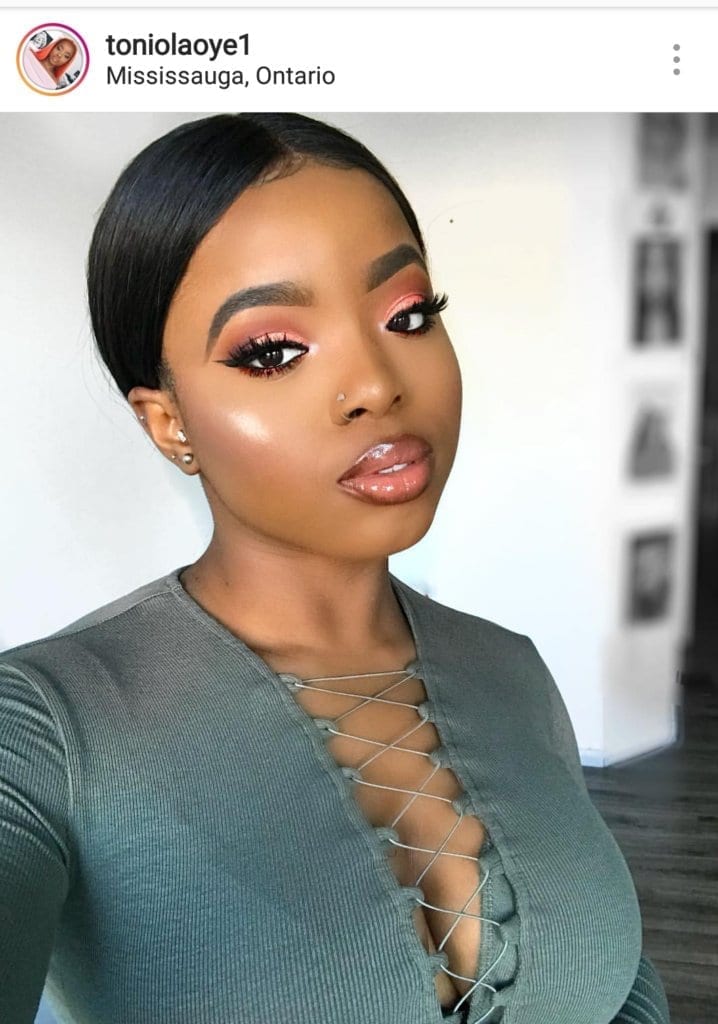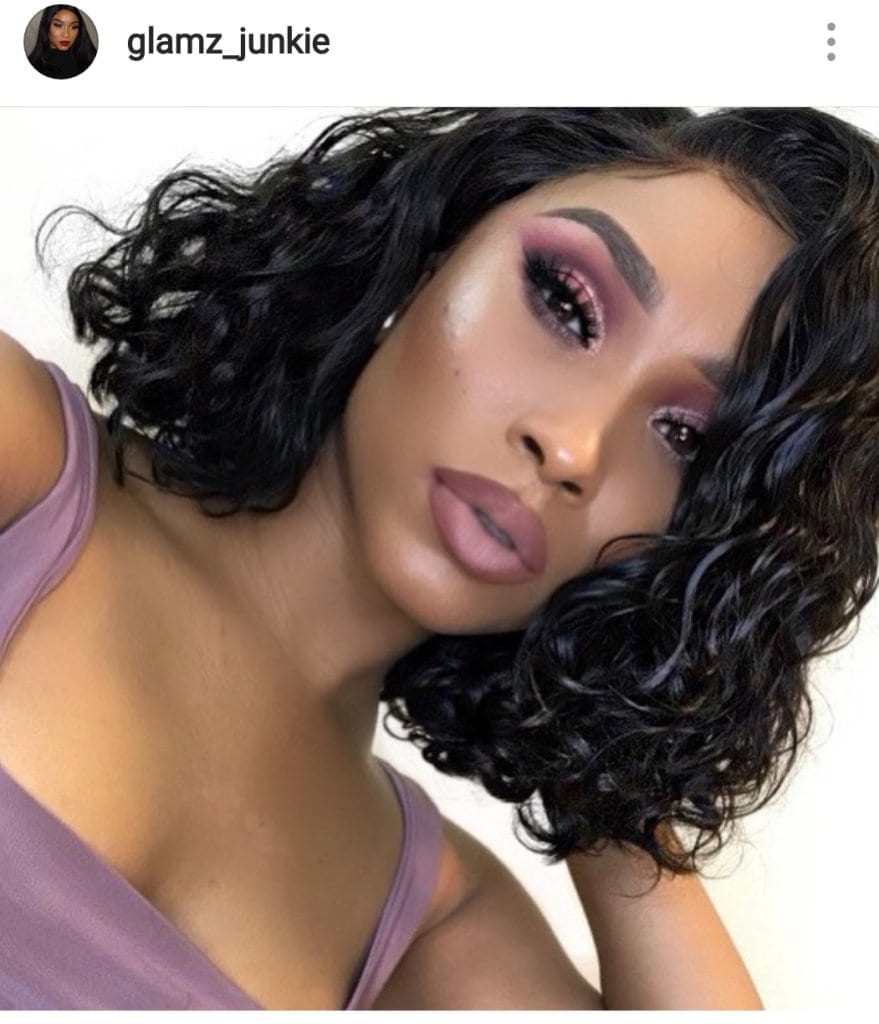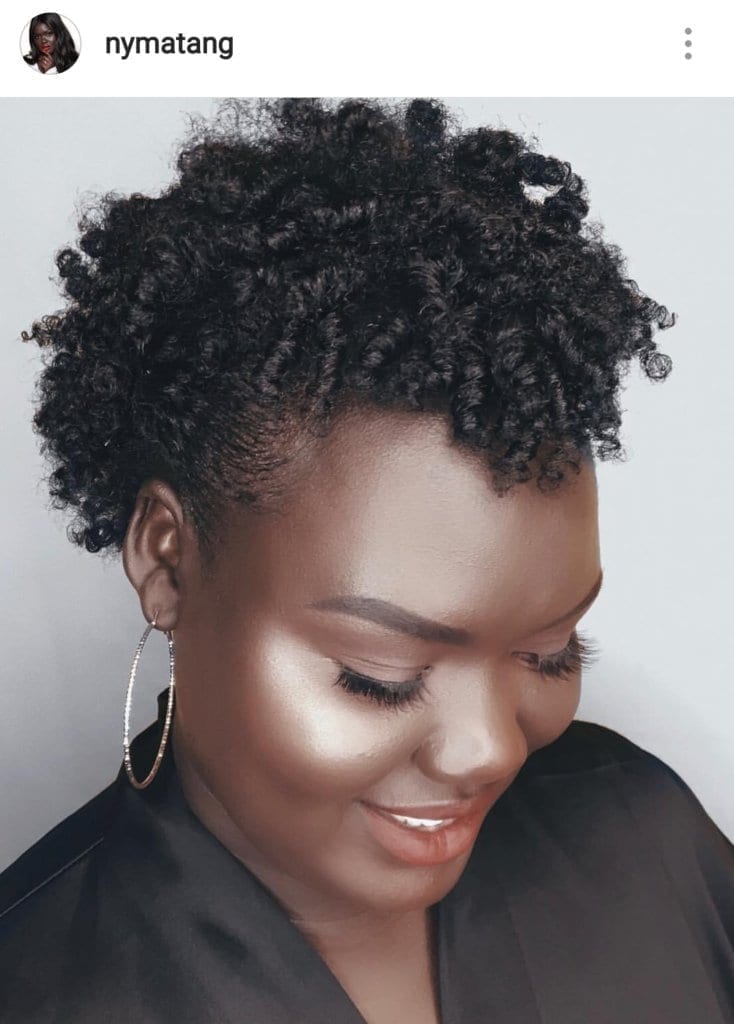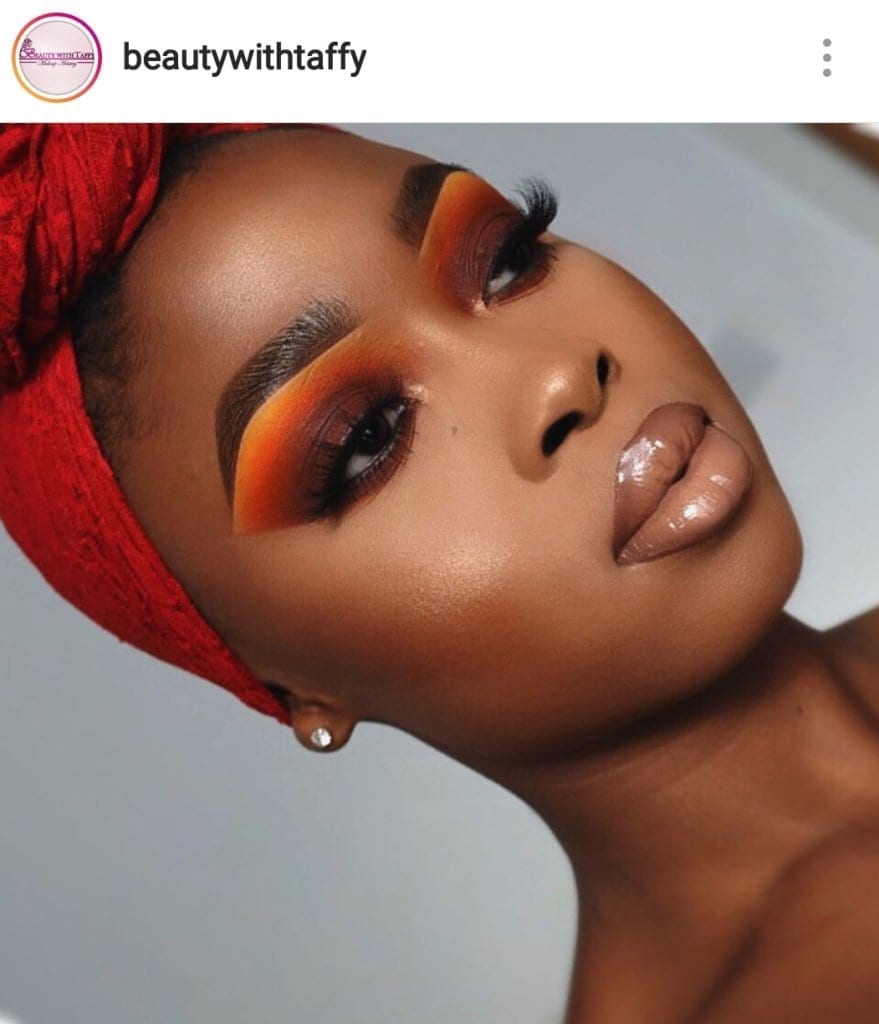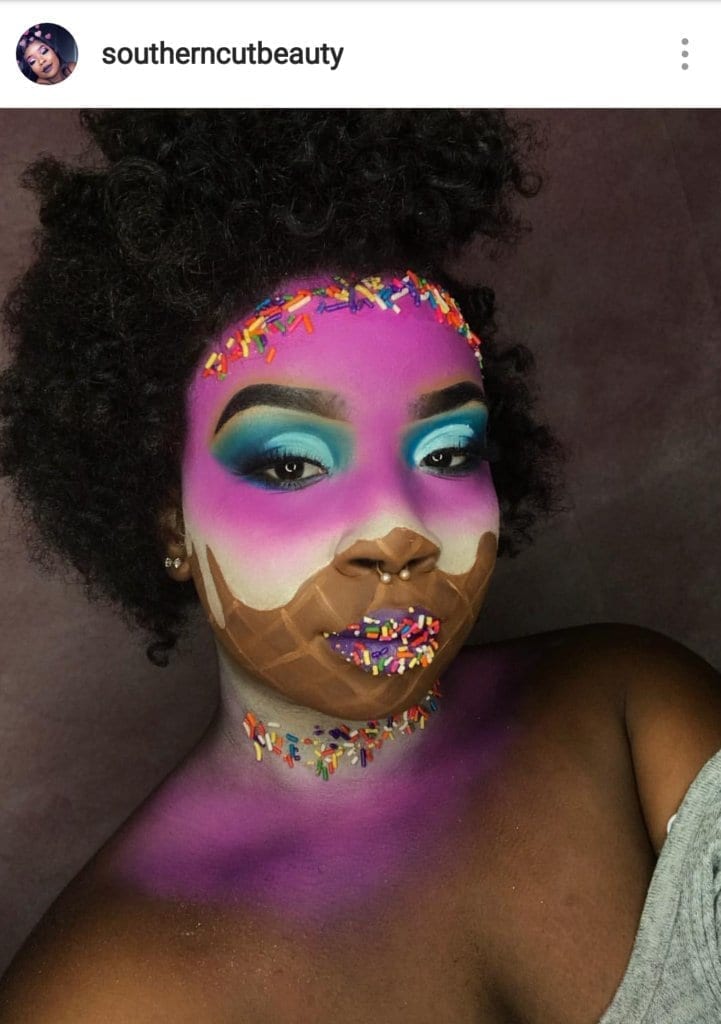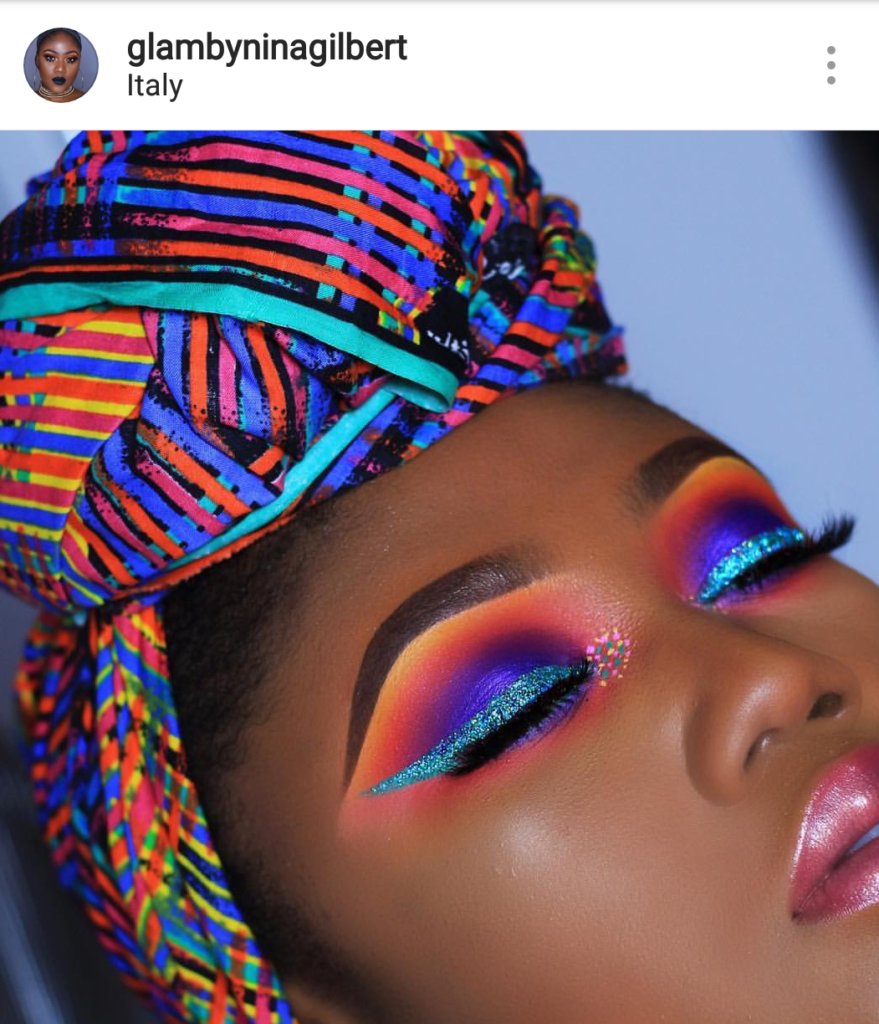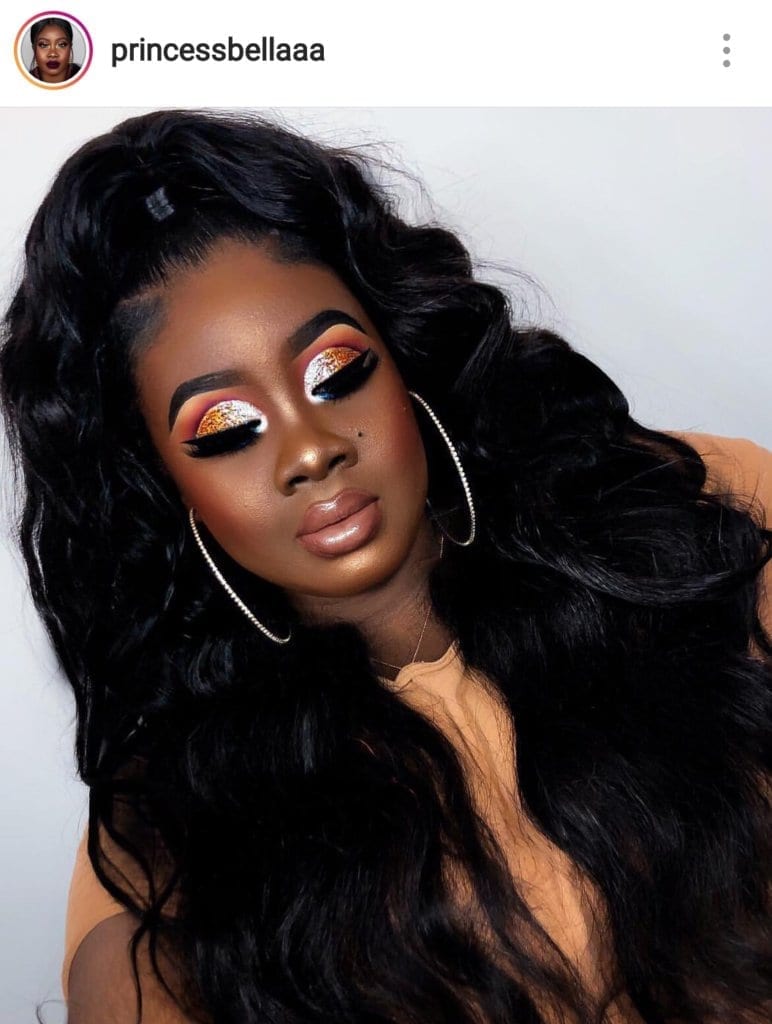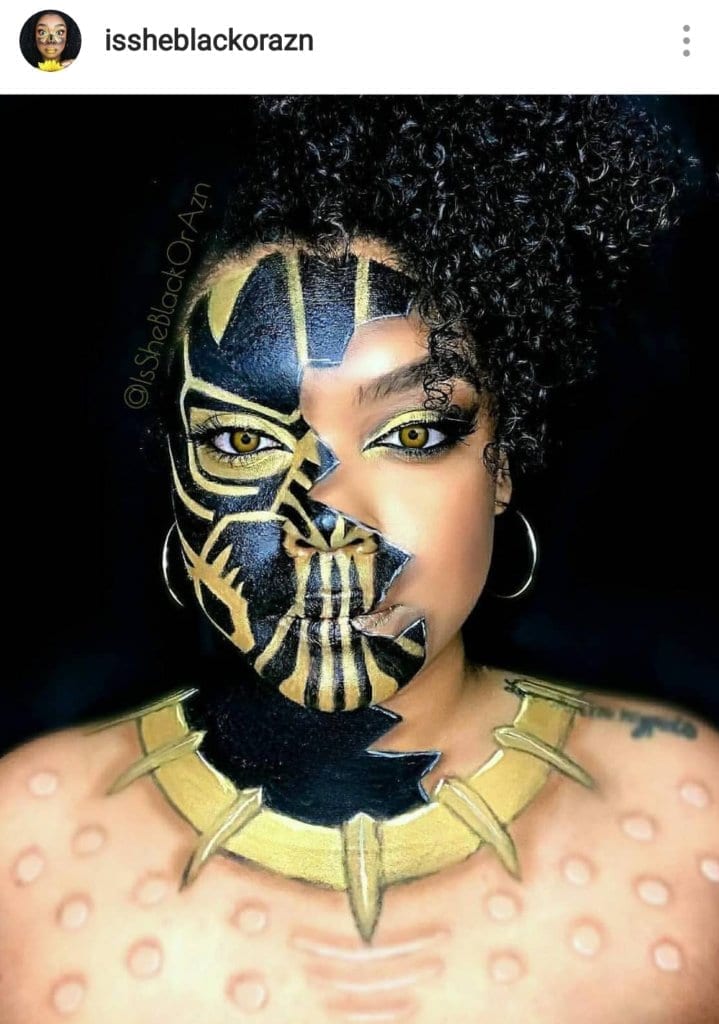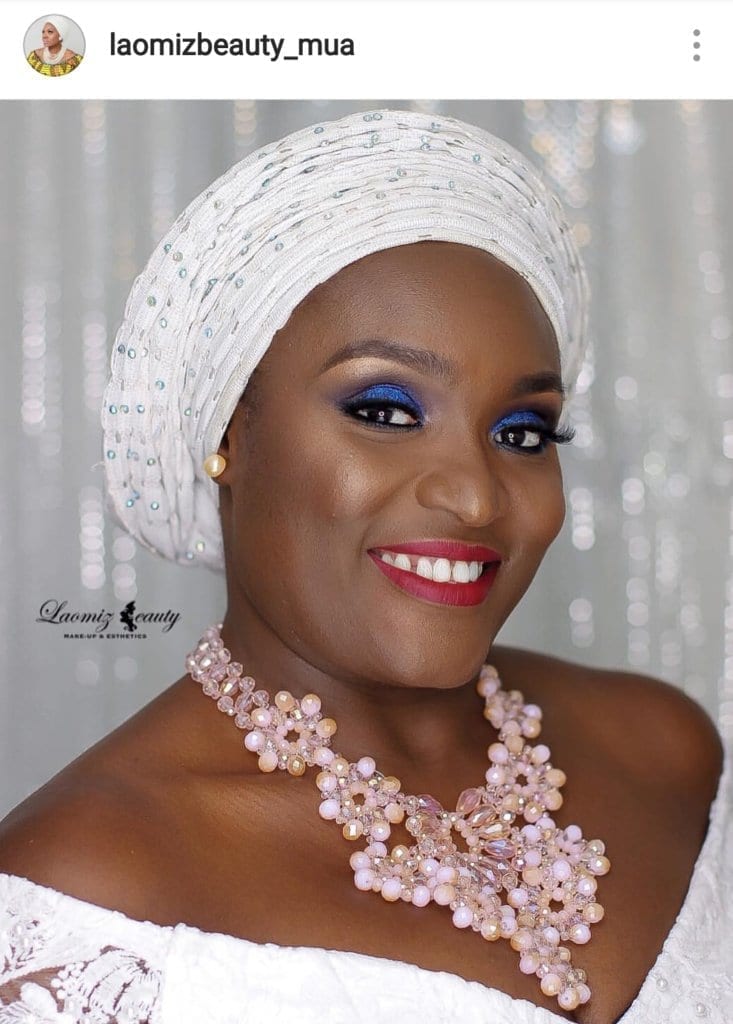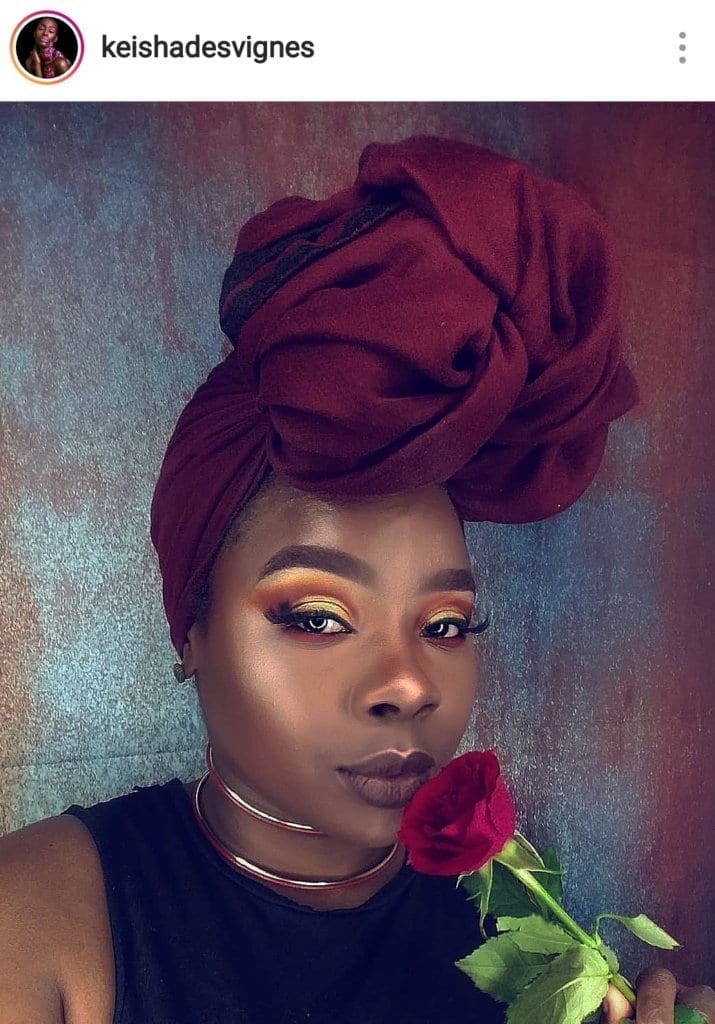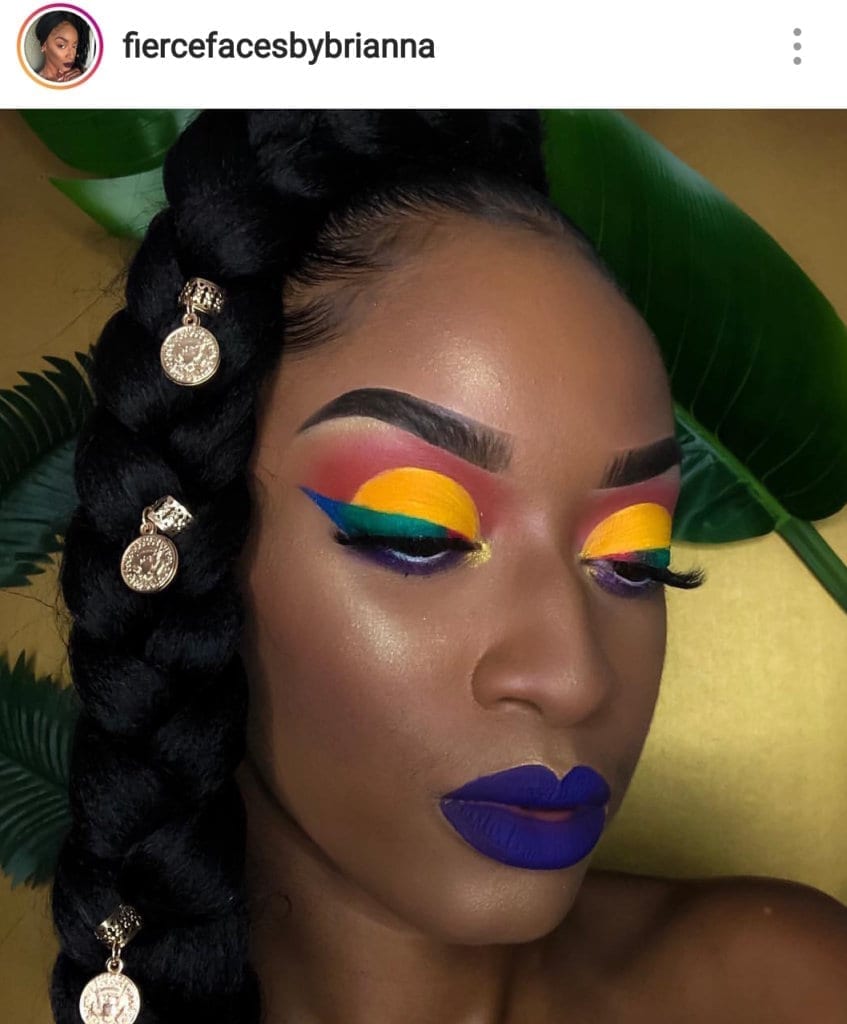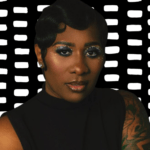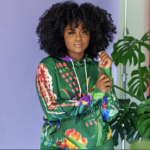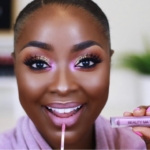Pholk Beauty is a skincare brand dedicated to revolutionizing the beauty industry for women of color. In this interview, we delve into the inspiring journey of Niambi Cacchioli, the brand’s founder.
From her Kentucky roots to her academic pursuits and a profound commitment to holistic skincare, Niambi shares the values and vision that drive Pholk Beauty to redefine the standards of skin health.
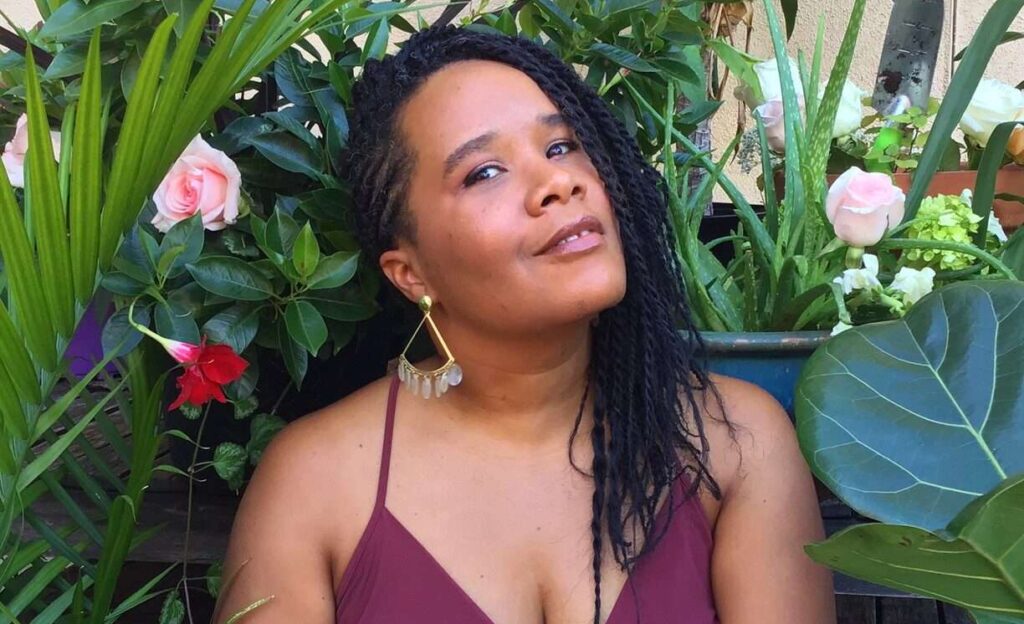
I’m an African Diaspora historian, an esthetician, and a 5th-generation African American cultivator from the Southern US. I launched Pholk to help women of color end our frustrating and skin damaging cycle of hyperpigmentation treatments. Growing up in Kentucky, the women in my family taught me how to use the colorful superfoods in our gardens to nourish me on the inside and out.
While living in Europe for over a decade as a researcher of the African Diaspora in the Middle East, the remedies I whipped up in my kitchen or bought at the local apothecary helped me feel confident in my own skin. From Iran to Senegal, my favorite way to connect with Black communities during my travel was through plants. I’d delight in learning about local Black Diaspora herbalism traditions from artisans and healers.
When I moved back to the US, I couldn’t find holistic and gentle products to balance my oily combination skin. As a researcher, I wanted to better understand what the skincare industry is missing. Taking matters into my own hands, I apprenticed with herbal farmers, went to beauty school, and leaned into my love for Black Diaspora heirloom botanicals.
That’s the origin story of Pholk. However, in 2020, while the country was going through a national reckoning, I had my own personal reckoning. Breonna Taylor was from my hometown, Louisville, Ky. And while I was personally receiving opportunities and recognition as a Black beauty founder, I felt like most folks didn’t know much about Kentucky.
And often, people would say to me that they didn’t realize that Black folk were in Kentucky. I took a hard look at my brand messaging about the cultural roots of Pholk and decided that I needed to put my own Afro-Appalachian roots at the heart of the company. It’s felt like a homecoming.
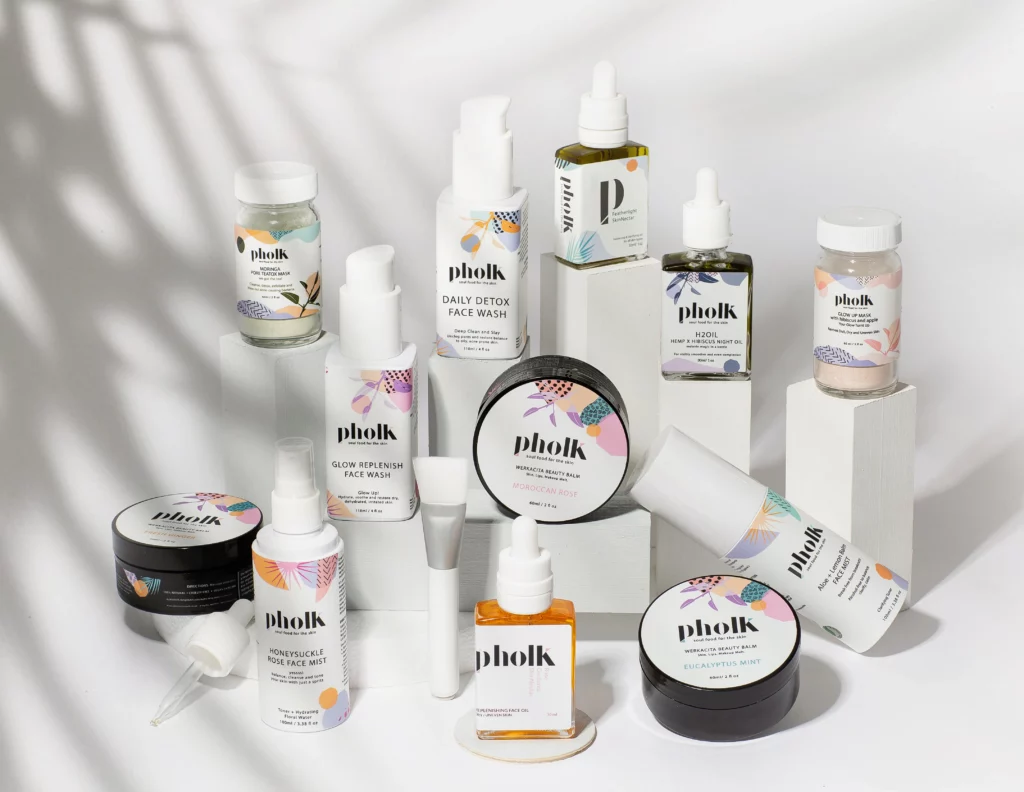
What does holistic skincare mean to you and how does it guide your product development?
Skincare can be really confusing. The fact that the skincare industry is placed in the beauty category rather than health and wellness is in and of itself misleading. Skin is our largest organ. It protects us from the environment, UV rays, disease and bacteria, water, mitigates climate, and passes along signals to all the other body systems about the world around us.
I know I put on my academic hat for that response, but it honestly baffles me that such a sophisticated organ is often treated like an accessory. Also, if an ingredient is small enough it will pass through all layers of skin and be absorbed into the bloodstream. When I went to esthetician school, I was shocked at the lack of education on how ingredients interact with each other and affect our overall health. And the education on melanin function? Practically zero.
After that experience, I did a very deep dive into melanin biology and discovered that melanin’s skin benefits go much deeper than the skin. It supports our immune system, is rich in antioxidants, and provides some UV light protection. There’s even research that shows that it transforms sunlight into energy for the body.
For me, as the climate gets hotter and the air more polluted, we’re all going to need our melanin – regardless of our background. At the same time, I want to meet my customers where they’re at. And that means, creating healthy, safe products that address hyperpigmentation and textured skin.
Holistic skincare for melanin-rich skin addresses the root causes of hyperpigmentation. My goal is to help them end their frustrating cycle of fading dark spots by addressing the root causes of hyperpigmentation. Right now, skincare treats melanin like it’s a problem to solve and markets products with melanin inhibitors as part of daily skincare.
At Pholk, we see dark spot correctors as a treatment, not as a daily skincare product. Instead, we prioritize hydration with alcohol-free mists, gentle cleansers to get rid of acne-causing bacteria and hardened sebum in your pores, and lightweight non-clogging moisturizers to seal in your hydration. Did I mention hydration? LOL! And here’s the beauty of it. As someone who has prioritized hydration and used natural superfood ingredients for over 30 years, I’m headed into my 50s with supple, ageless glowy skin.
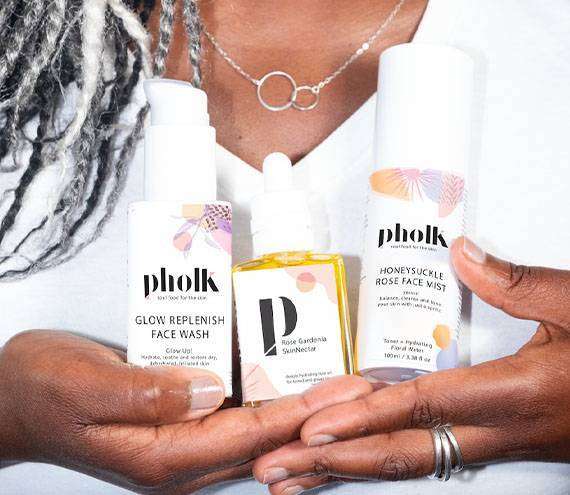
Supporting Black farmers is an important part of your brand’s ethos. How do you ensure fair and equitable relationships with these farmers in your supply chain?
As the granddaughter of farm folk from the Deep South, 2020’s social change movement here in the US inspired me to lean into my green heritage and bring new opportunities to overlooked Black rural communities.
Building our domestic supply chain began with fieldwork. Literally! I traveled throughout the Southeast and met with independent Black farmers in their fields and communities to better understand their barriers to expanding into the beauty market.
Here, my expertise as an African Diaspora researcher and community builder has been key. Inspired by the re-emergence of co-operatives in rural Black communities, I established close partnerships with Black-led CSAs across Kentucky, Georgia, and the Carolinas.
This work has enabled me to increase my domestic sourcing from 8% to 22% of overall ingredients with the goal of reaching 40% by 2026. Together, with my network of Black, BIPOC, and Appalachian women ingredient producers, we are reimagining regional heirloom farming opportunities for the next generation.
Sustainability is increasingly important in the skincare industry. How does Pholk Beauty approach sustainability, both in terms of sourcing ingredients and packaging?
I have some really exciting growth opportunities happening in 2024 and scaling our sustainability mission was a huge challenge for me. The first step was actually sunsetting some of our products. And it’s a process that will continue until the end of the year. When you start as a community-based brand founder like Pholk, it’s common to create products around the requests of your customers.
But as the brand grew, I quickly found it wasn’t sustainable for me or the independent farmers that I work with to scale a lot of different ingredients. This year, I also made some formulation changes to increase the number of domestically sourced ingredients.
This is a process that will continue to happen as my Afro-Appalachian supply change grows. That means fresher botanicals for customers and significantly offsets our international freight. As for packaging, it’s a process. We’ll continue to use glass for our balms and are working with a local bottle printer to print direct-to-bottle for a Spring packaging refresh.
What are your future goals and aspirations for Pholk Beauty?
Pholk’s mission is to reclaim melanin as our skin’s wellness superpower. For me it’s essential to make our skincare available to folks throughout the African Diaspora with distribution points in France, the UK the Caribbean and Africa.
In 5 years I foresee Pholk having a manufacturing depot in Senegal to mitigate the freight costs of supplying to Africa and Europe. Pholk is a love letter to the generations of Black Diaspora herbalists who have infused our globe with healing and beauty. It’s my goal to advocate for holistic skin health within the cultures that have inspired the brand.
 Advertise your Business
Advertise your Business
Don’t miss any articles! Subscribe to our newsletter and follow us on Facebook, Instagram & LinkedIn

